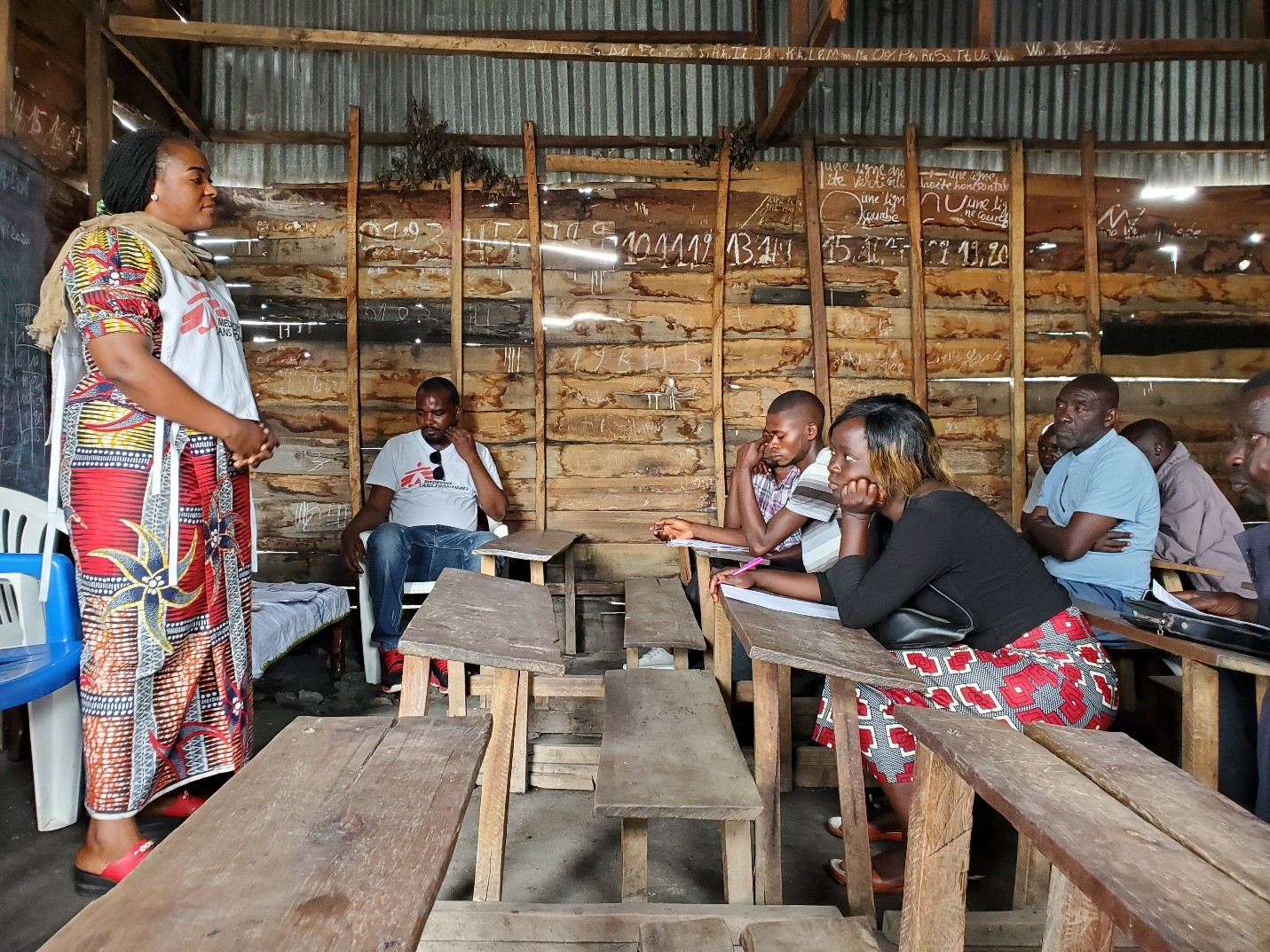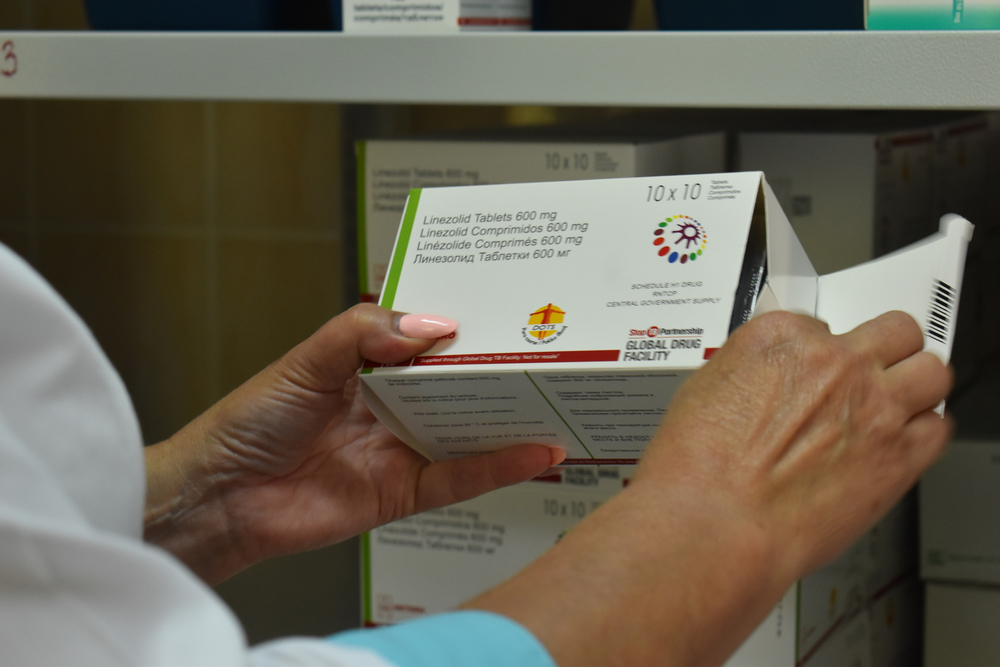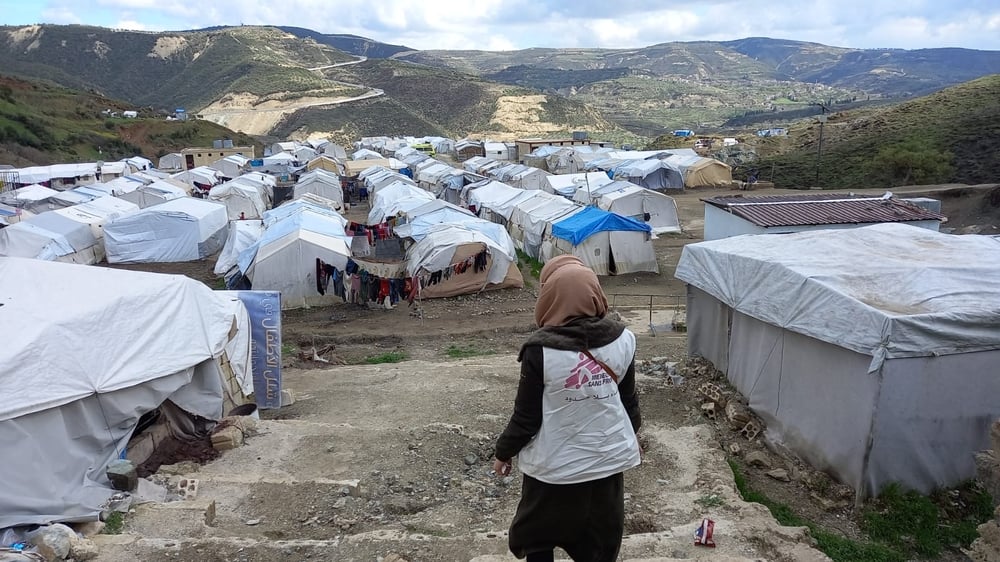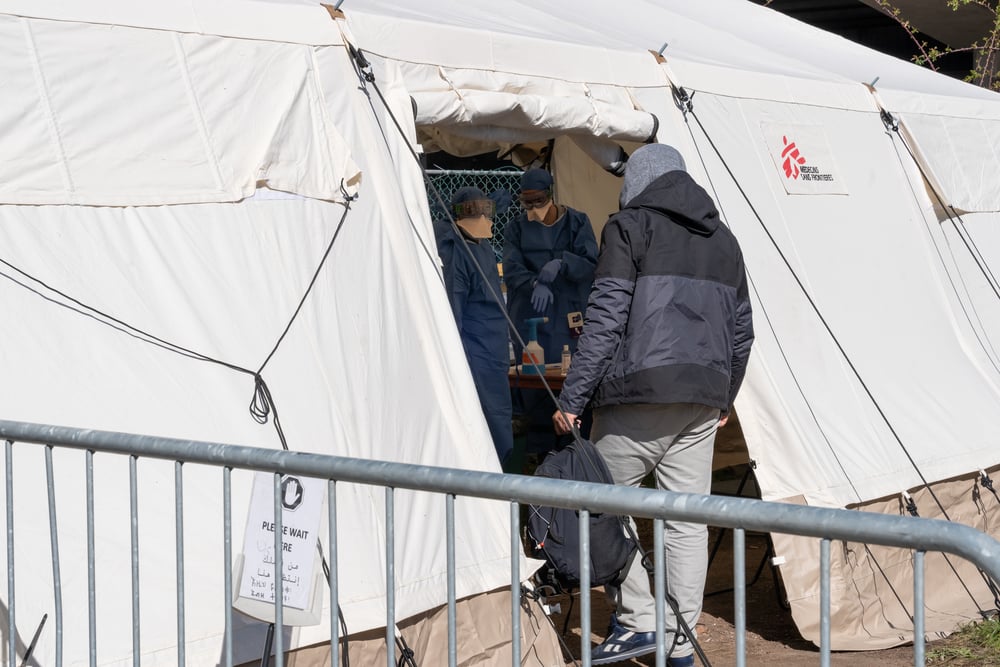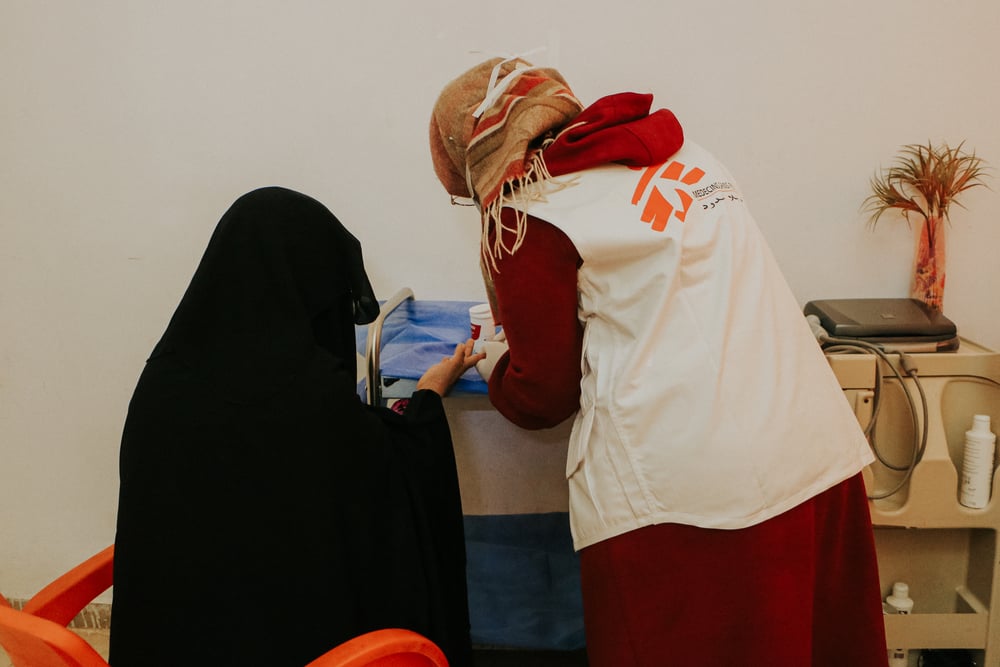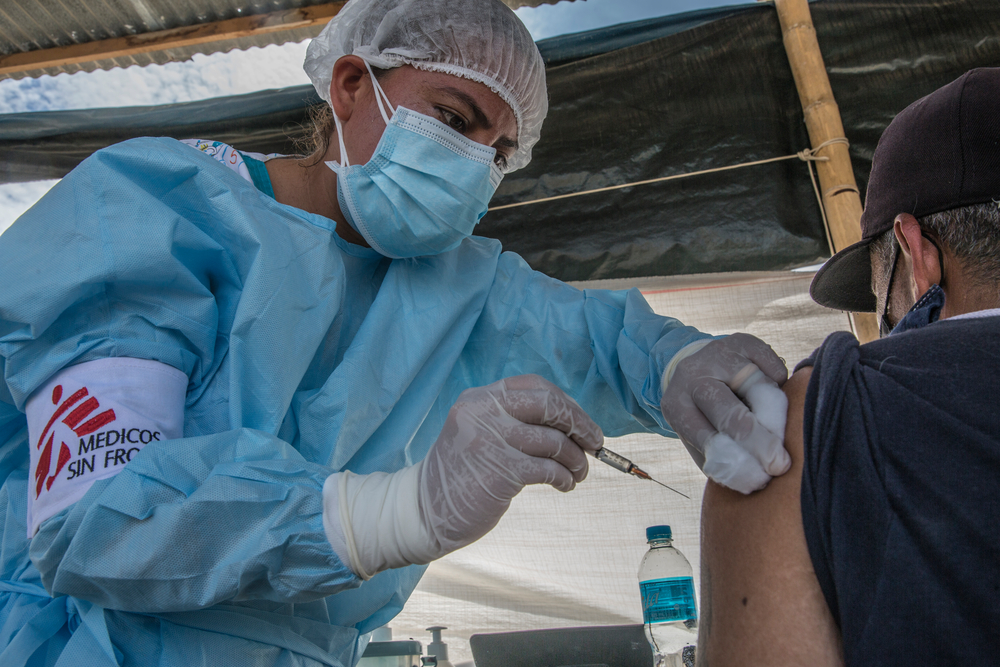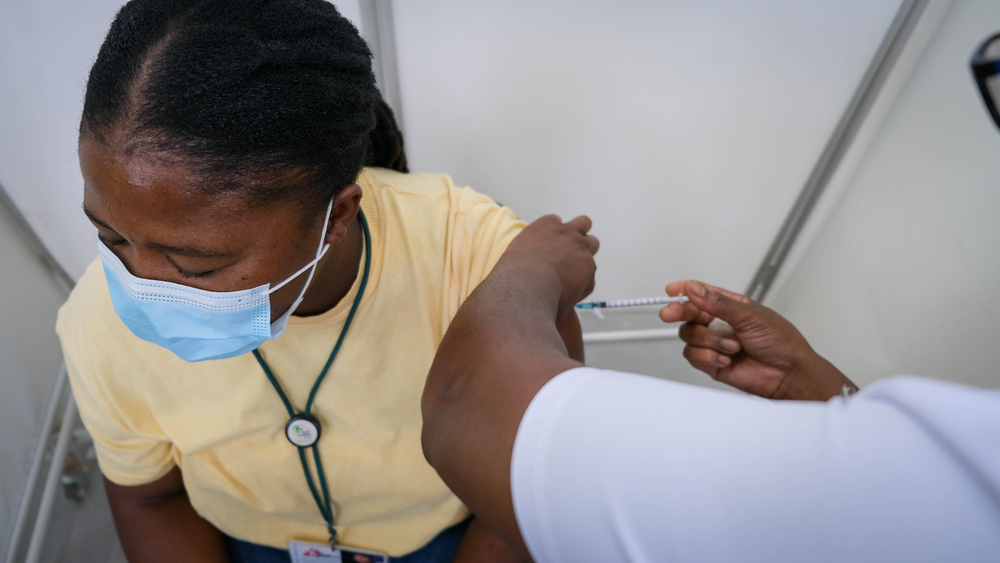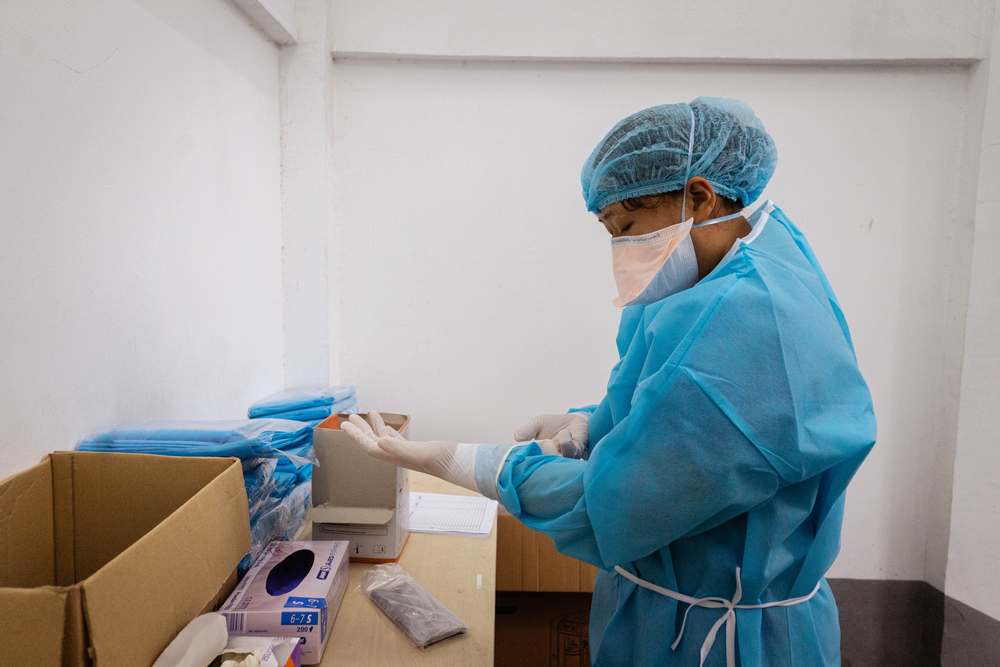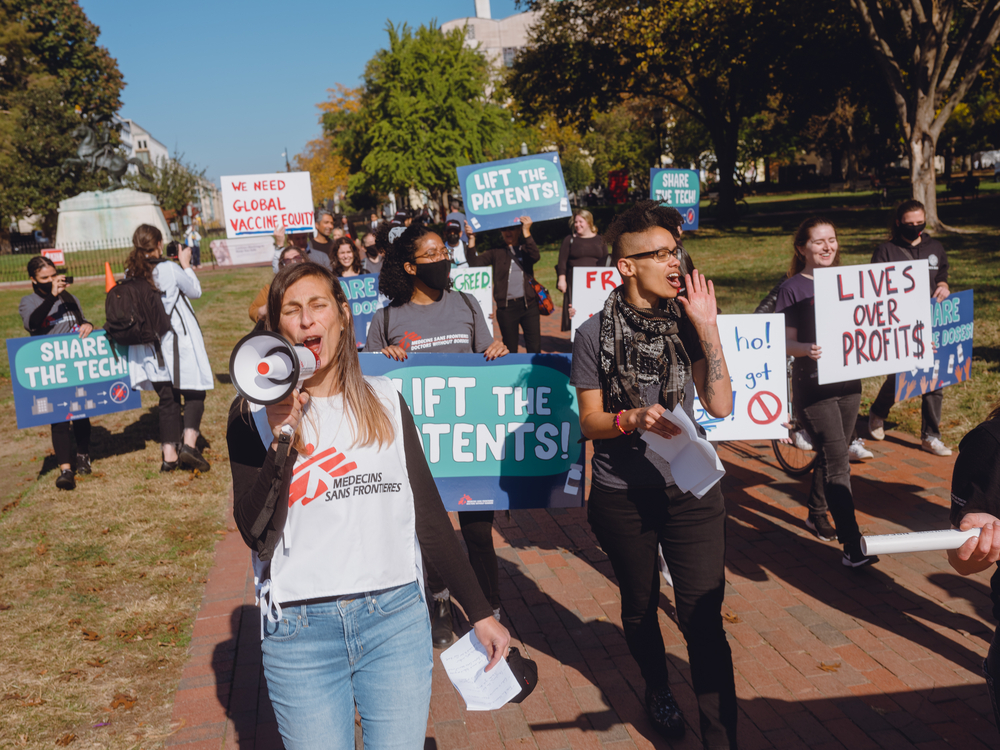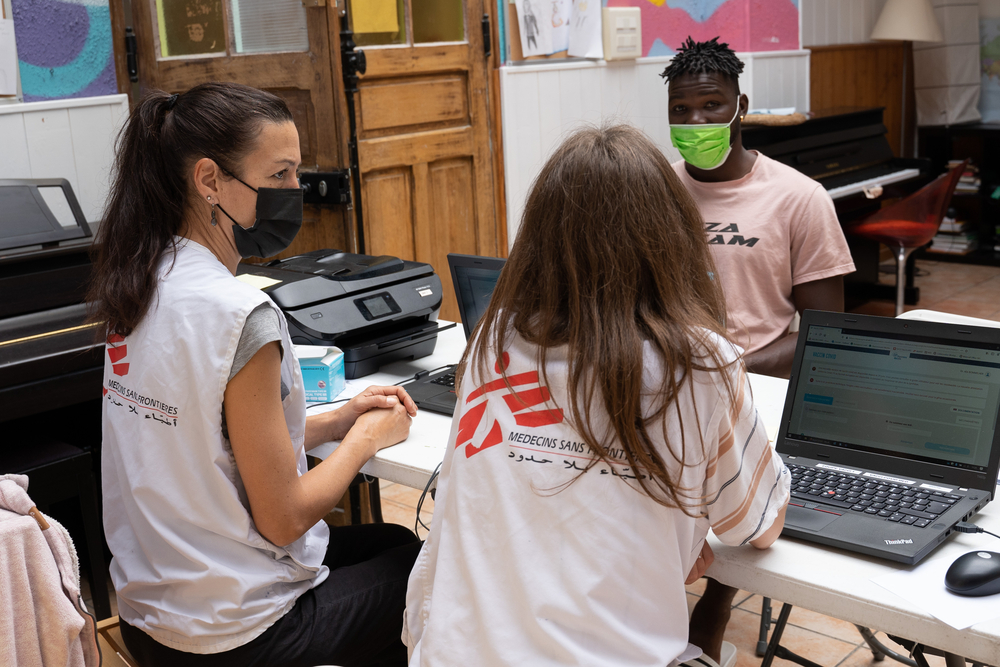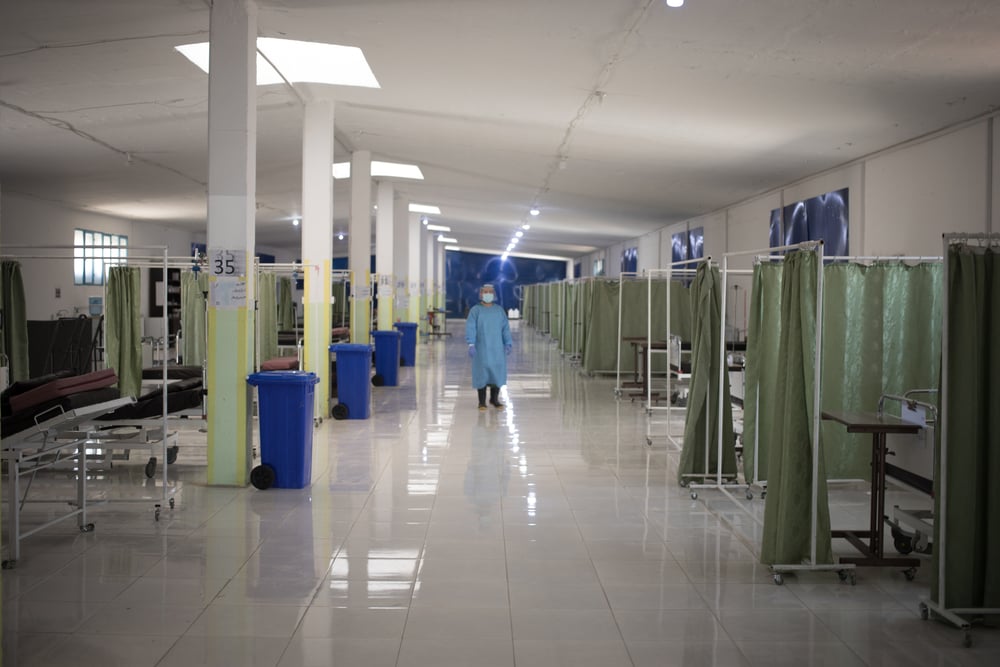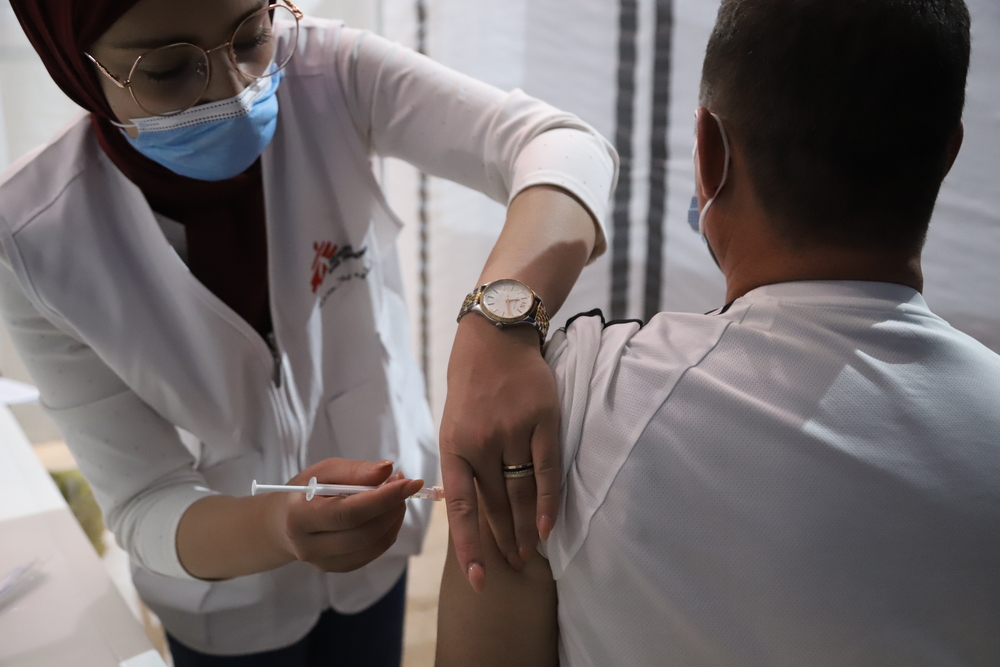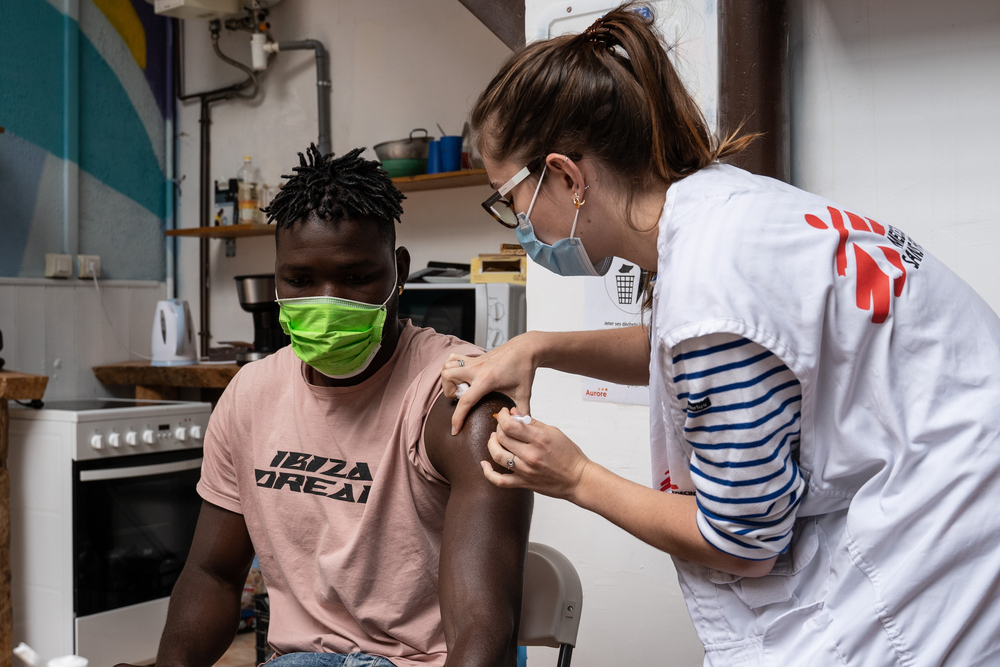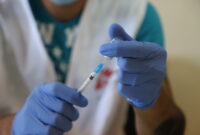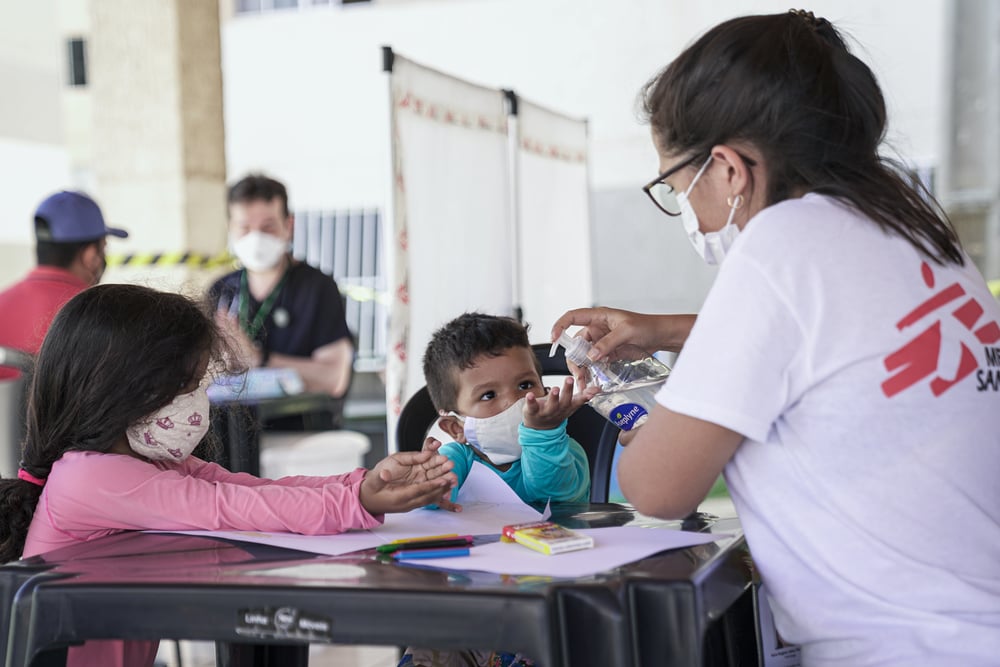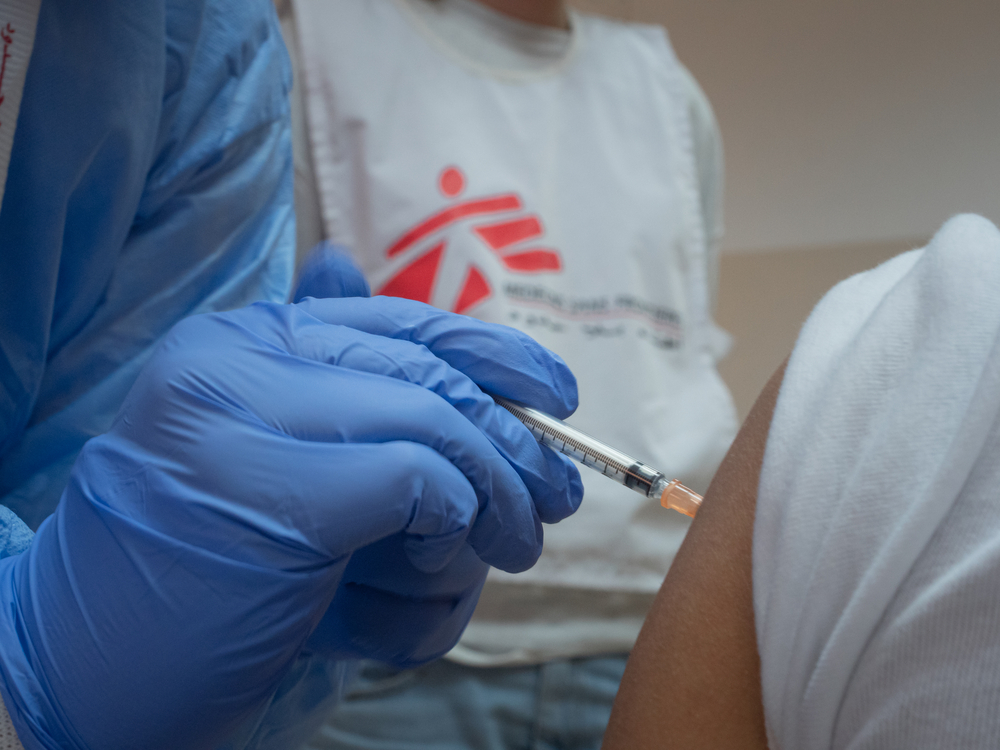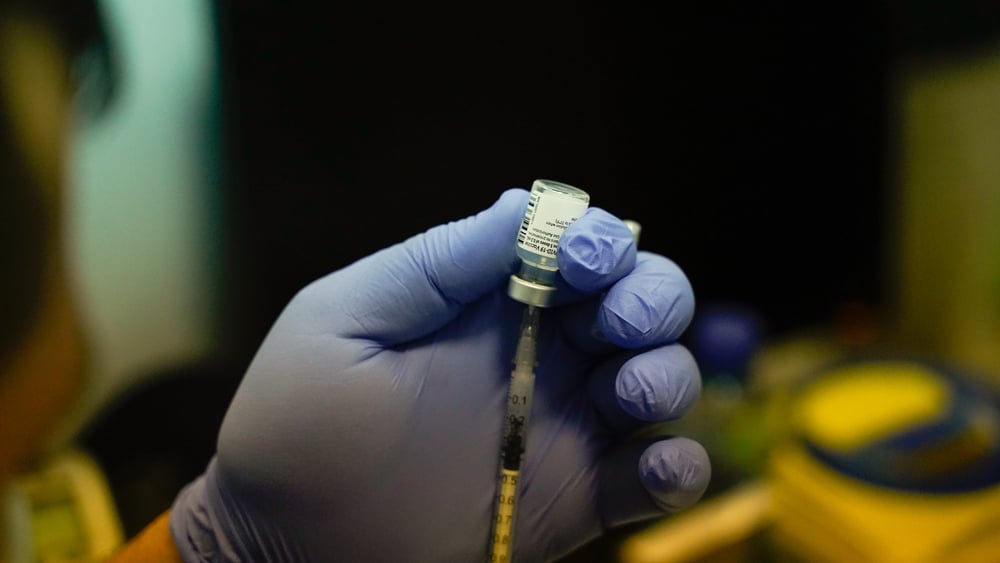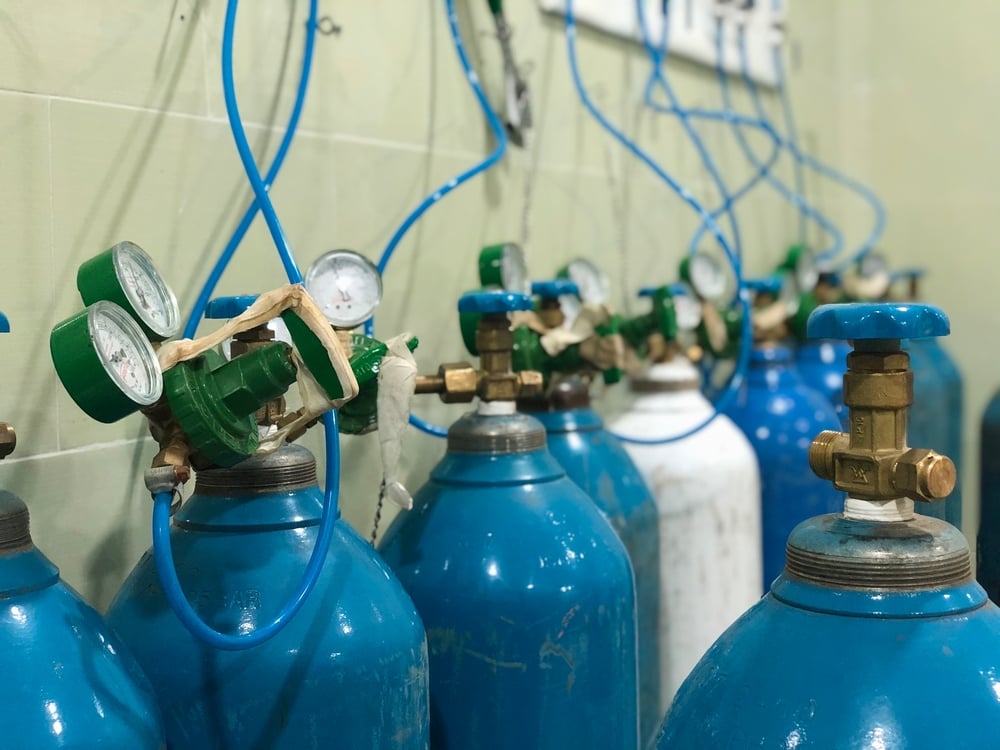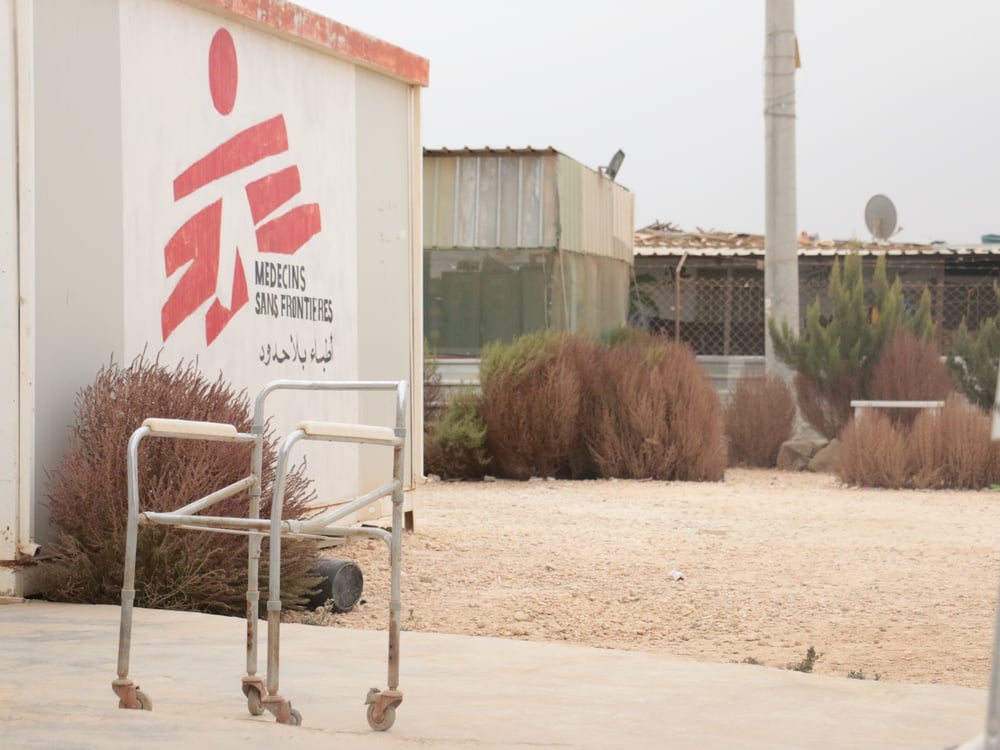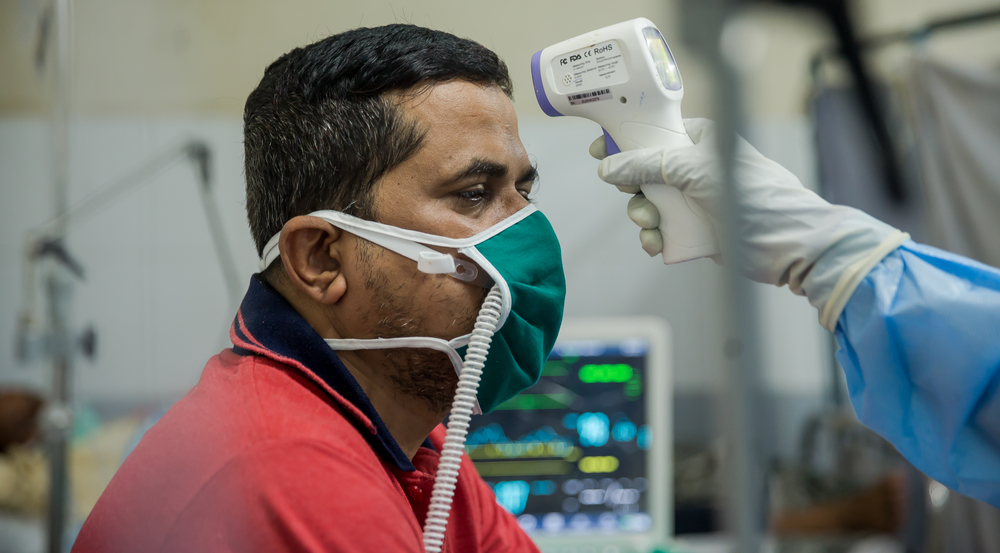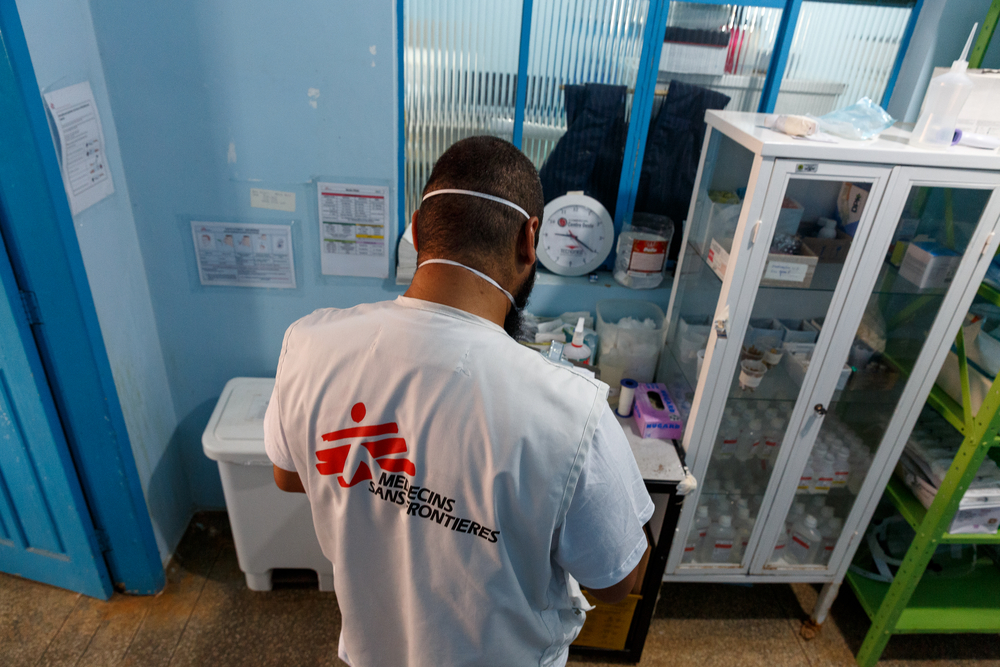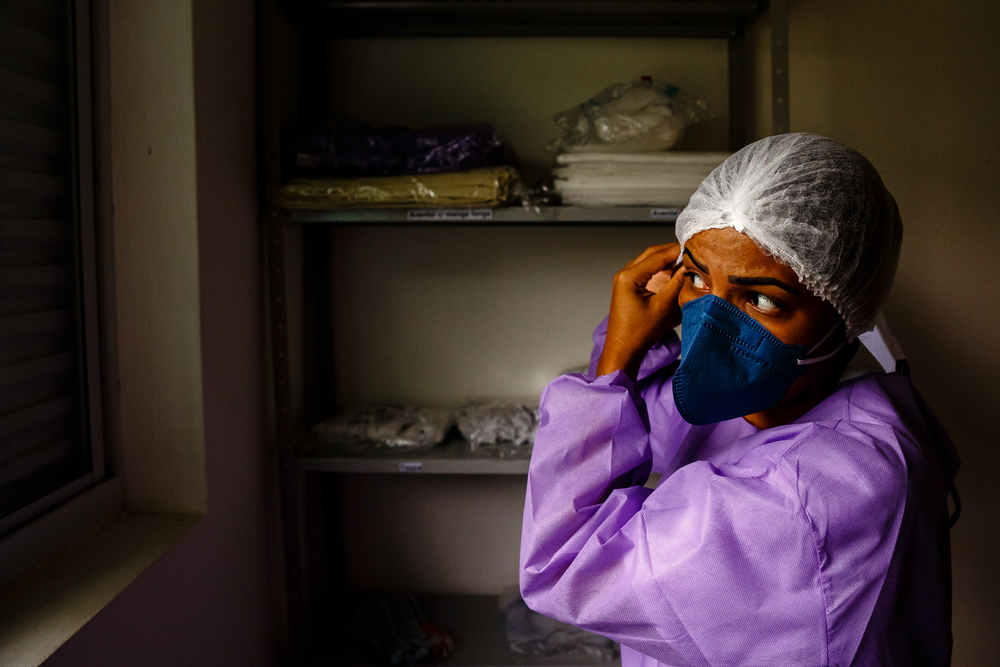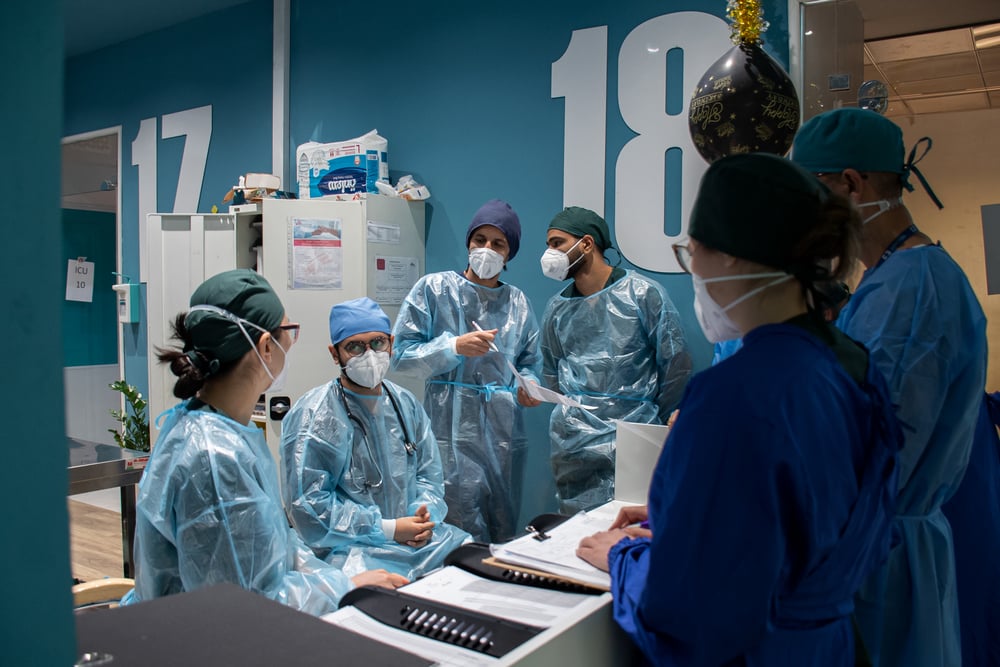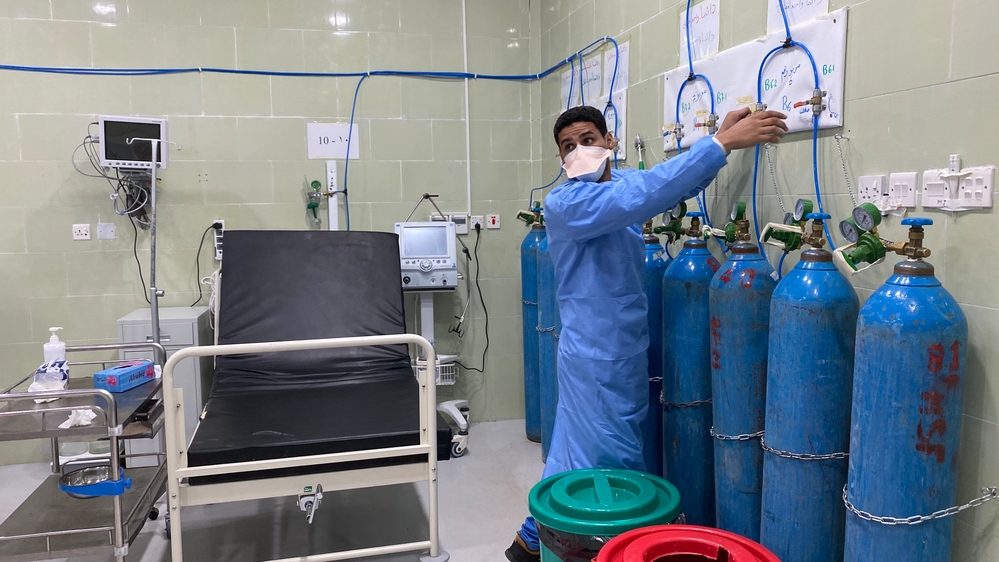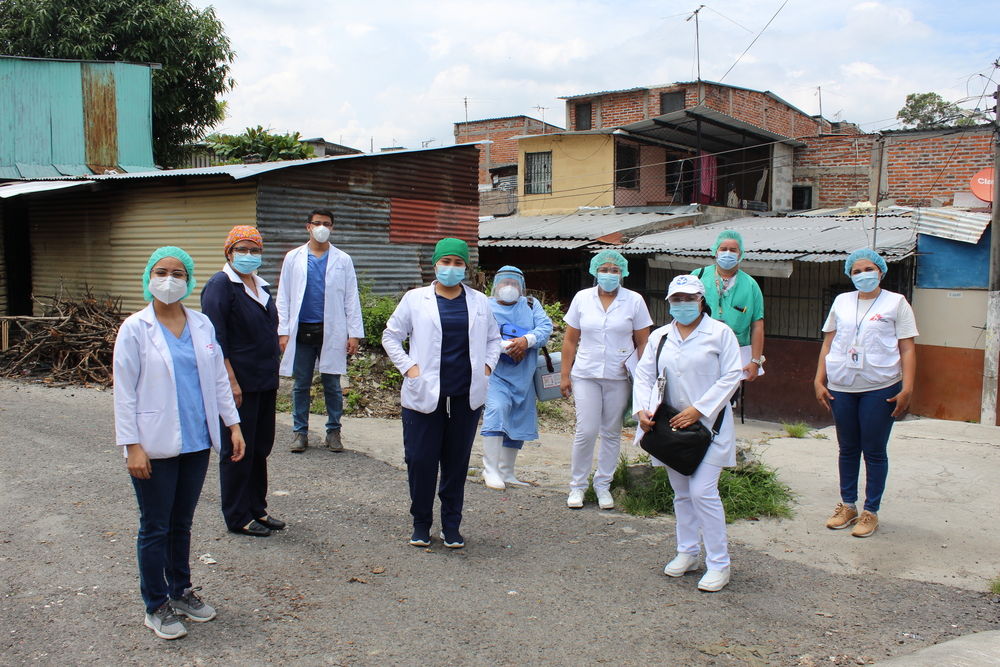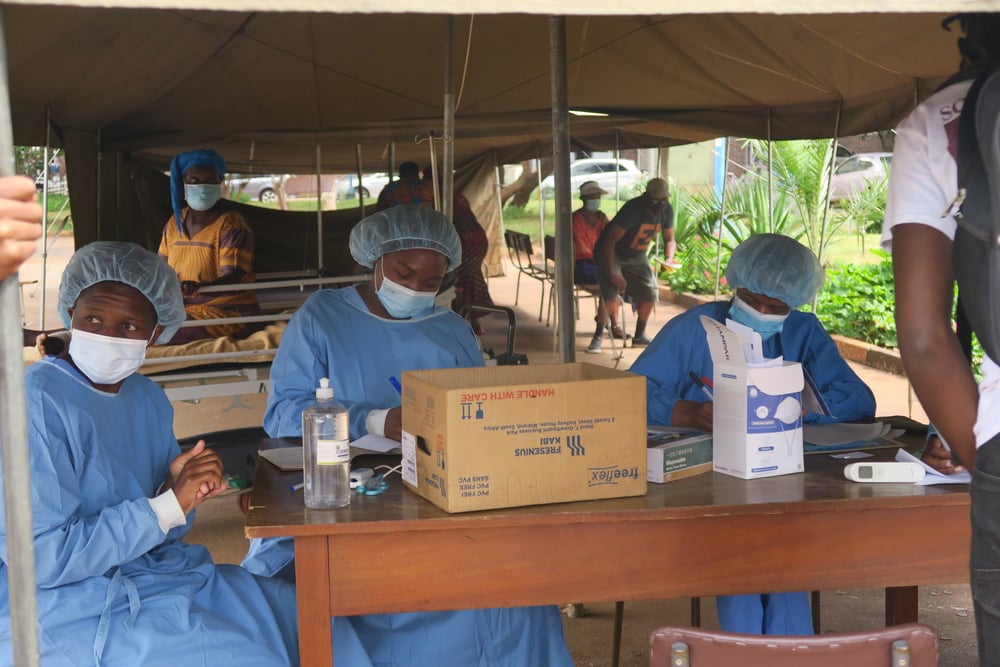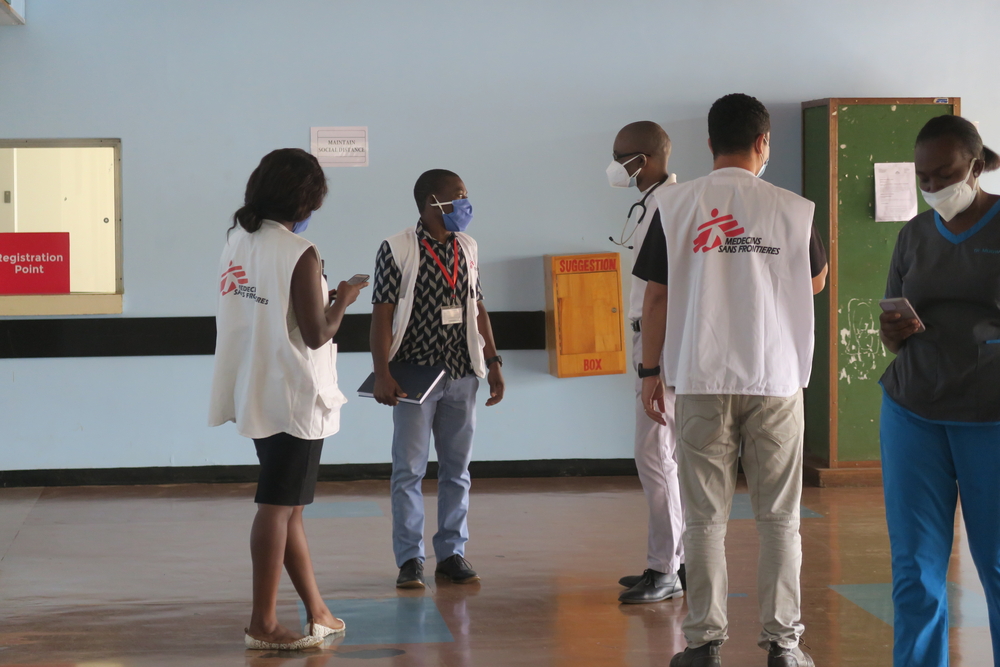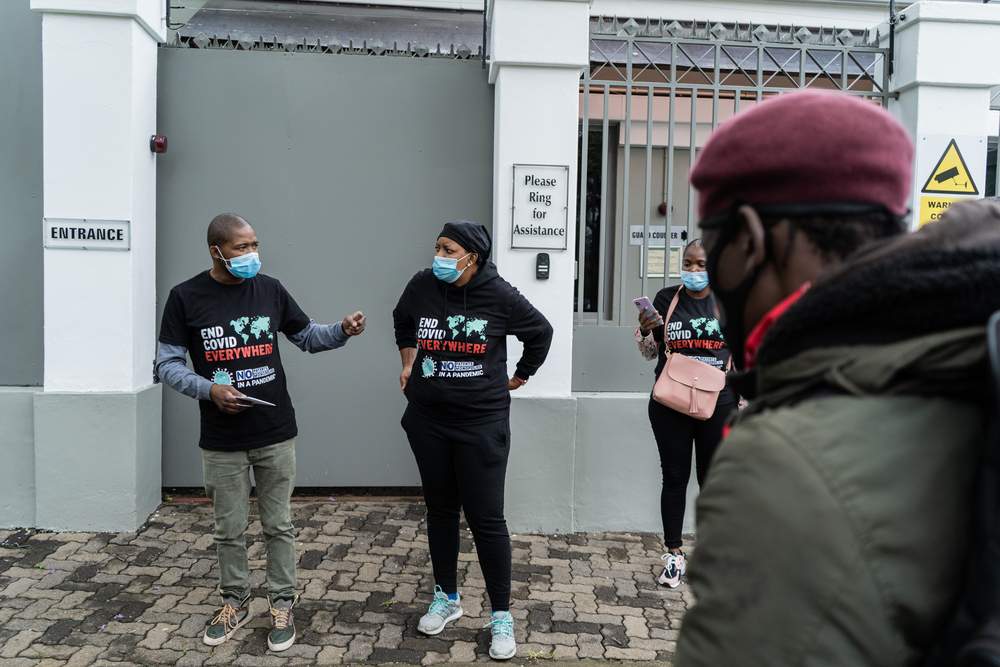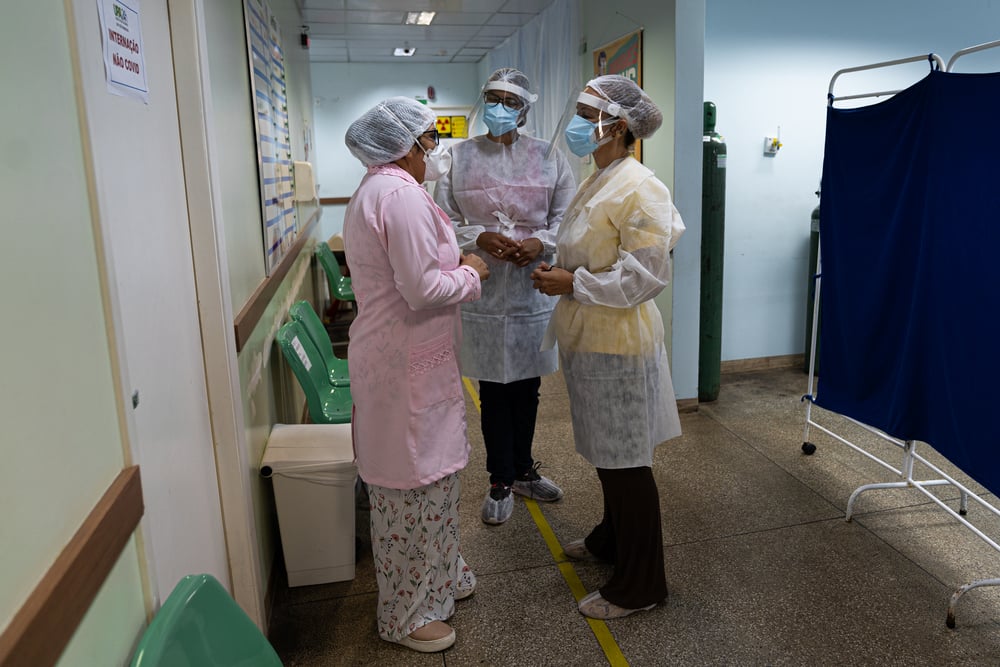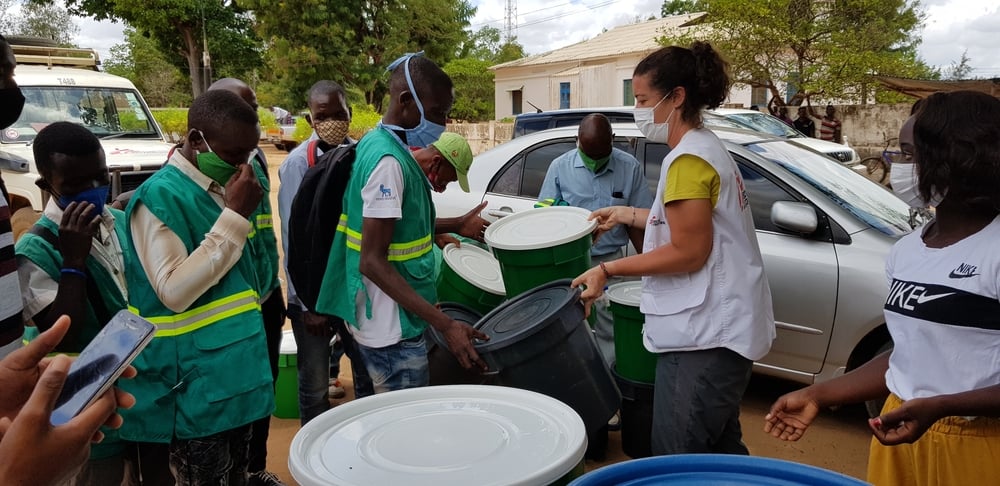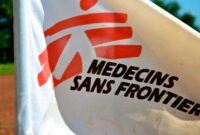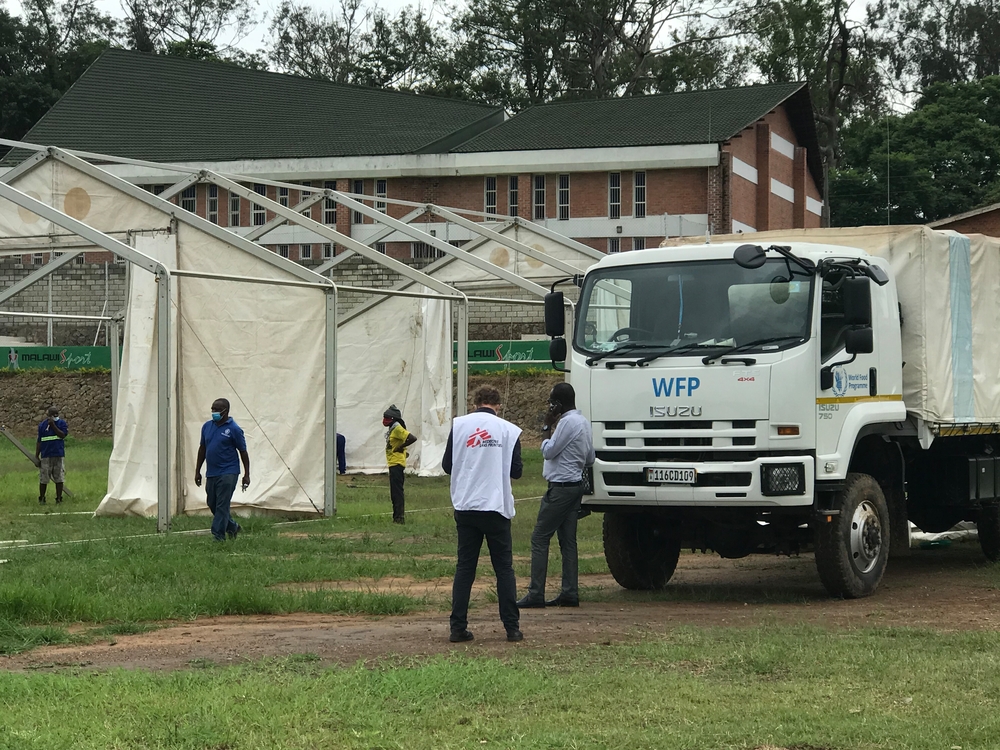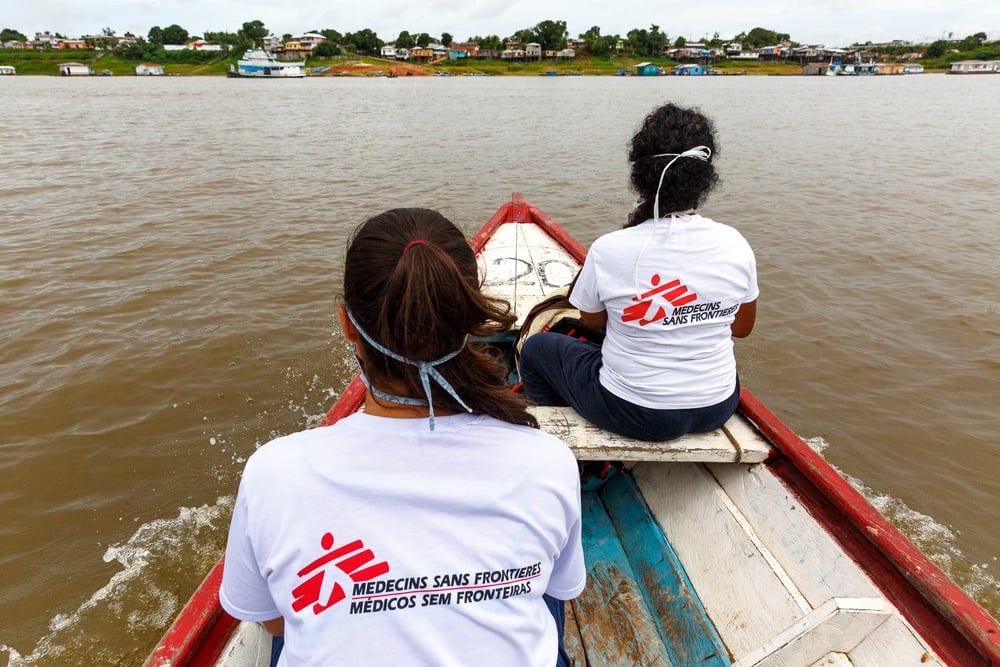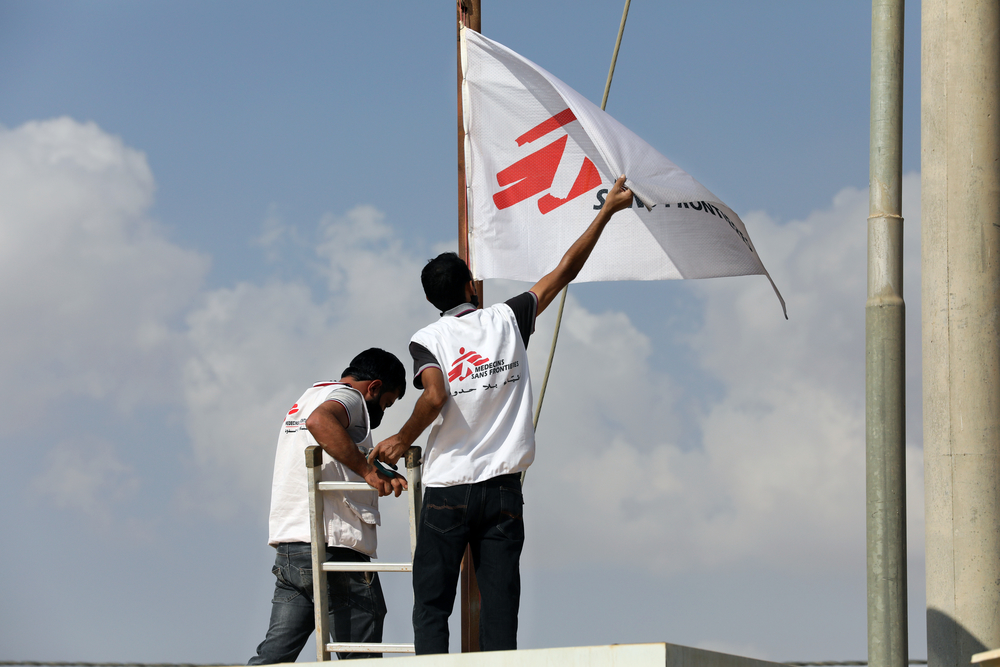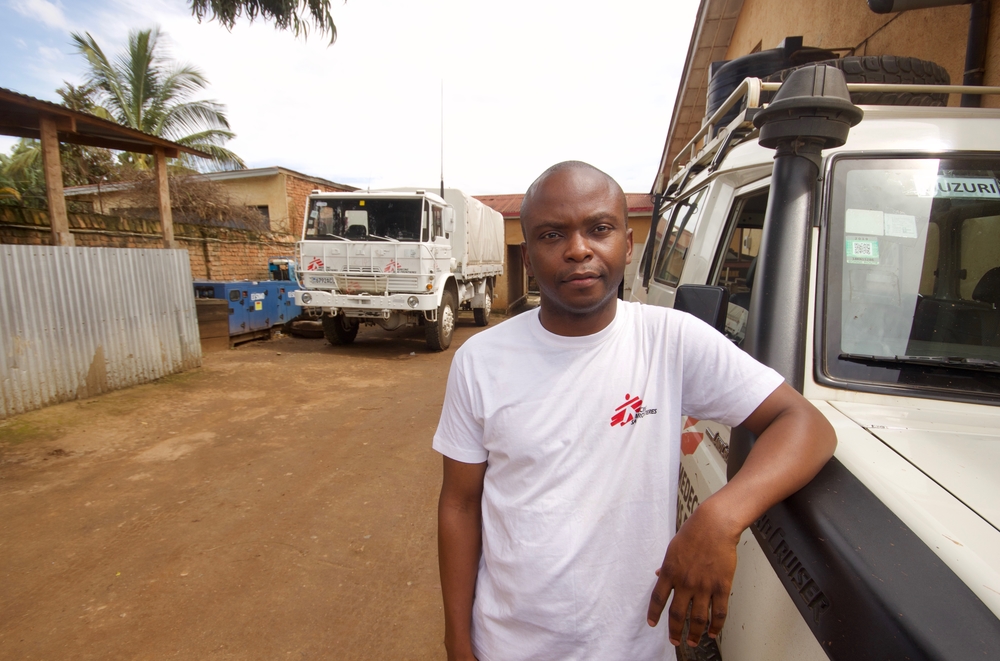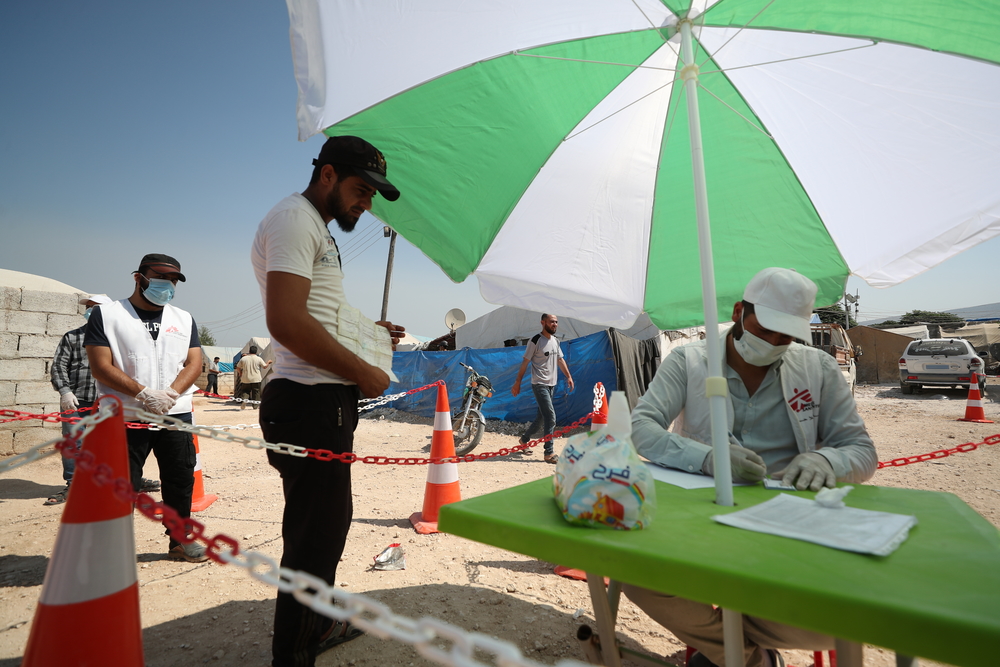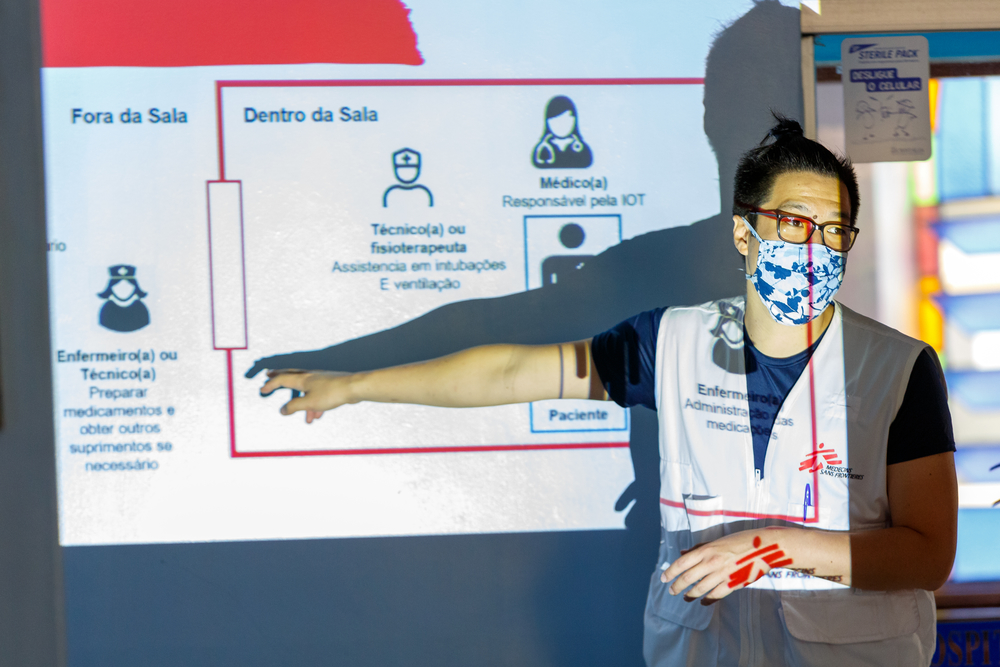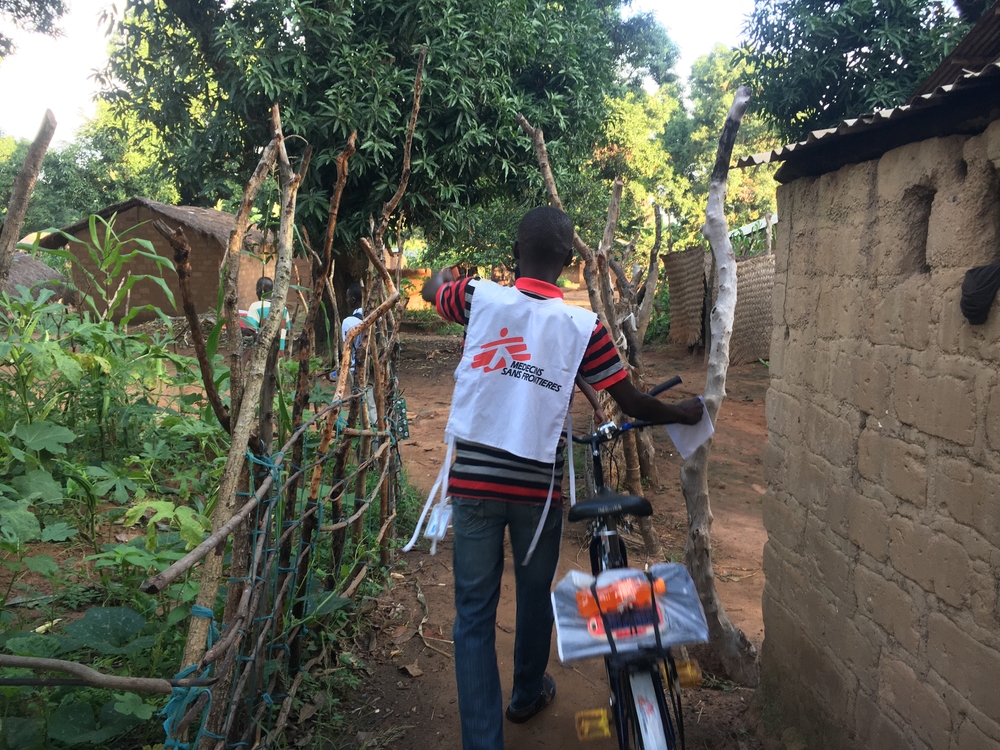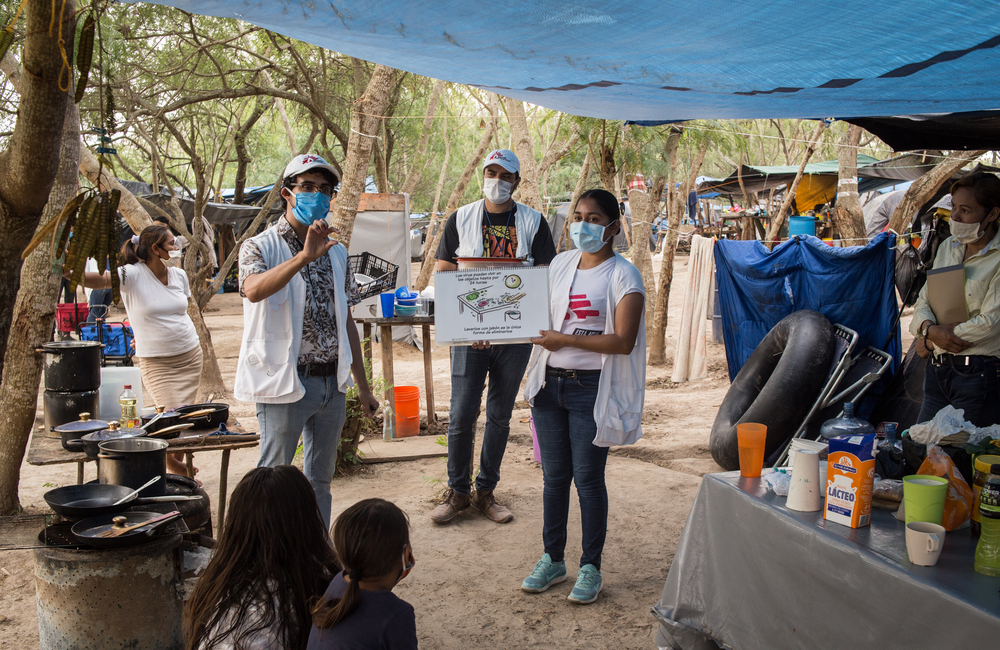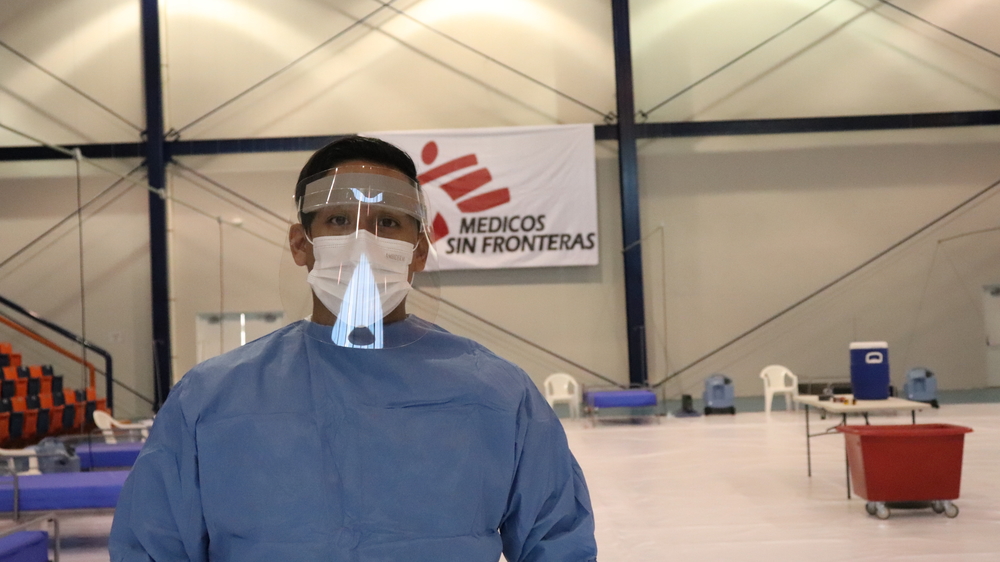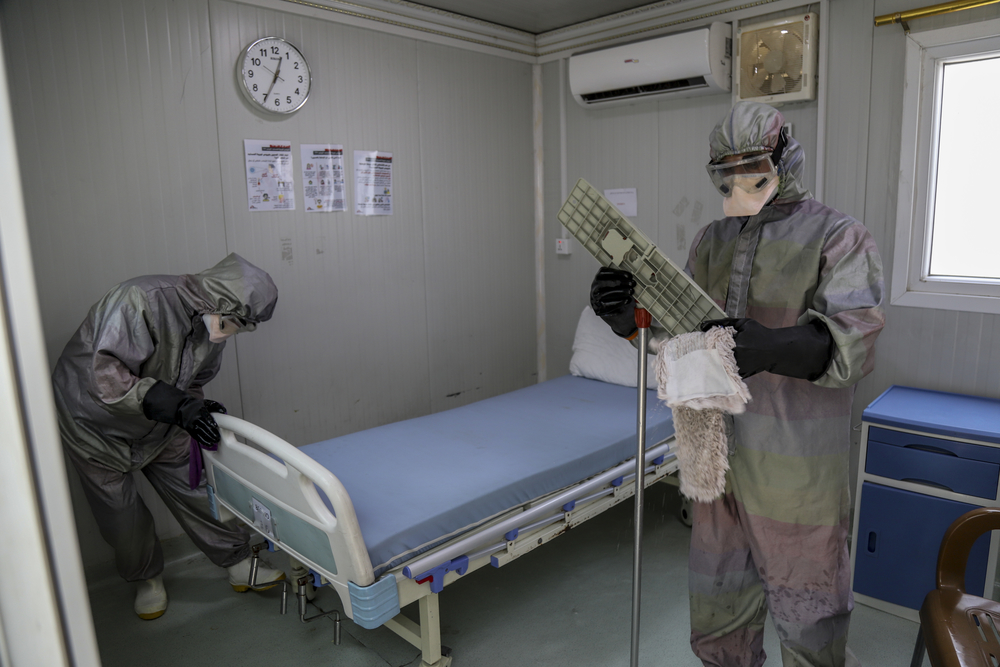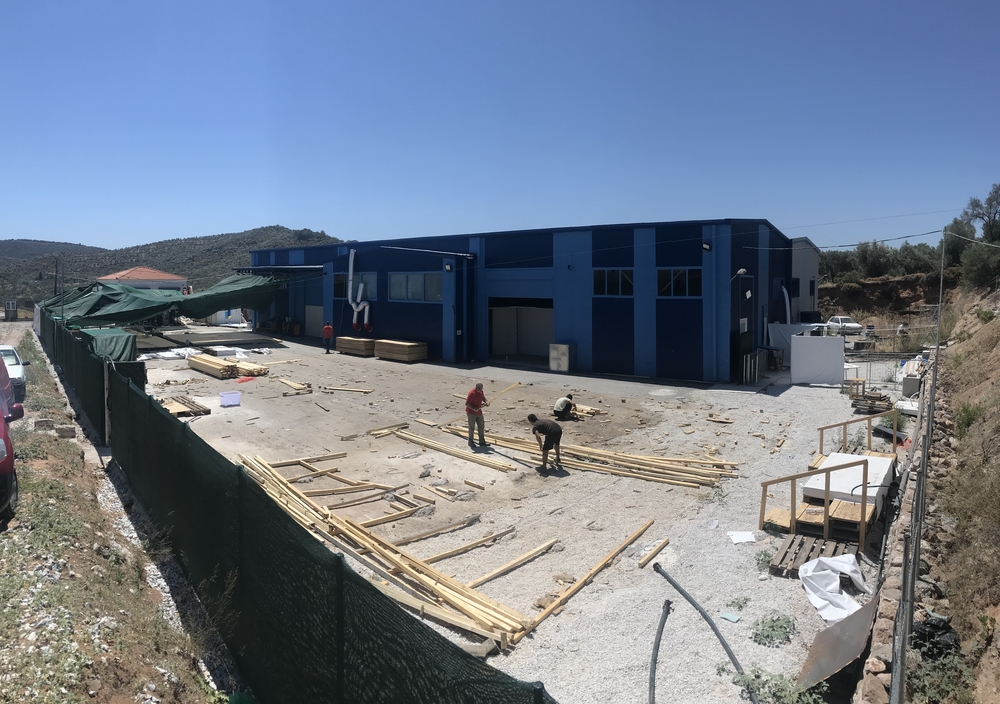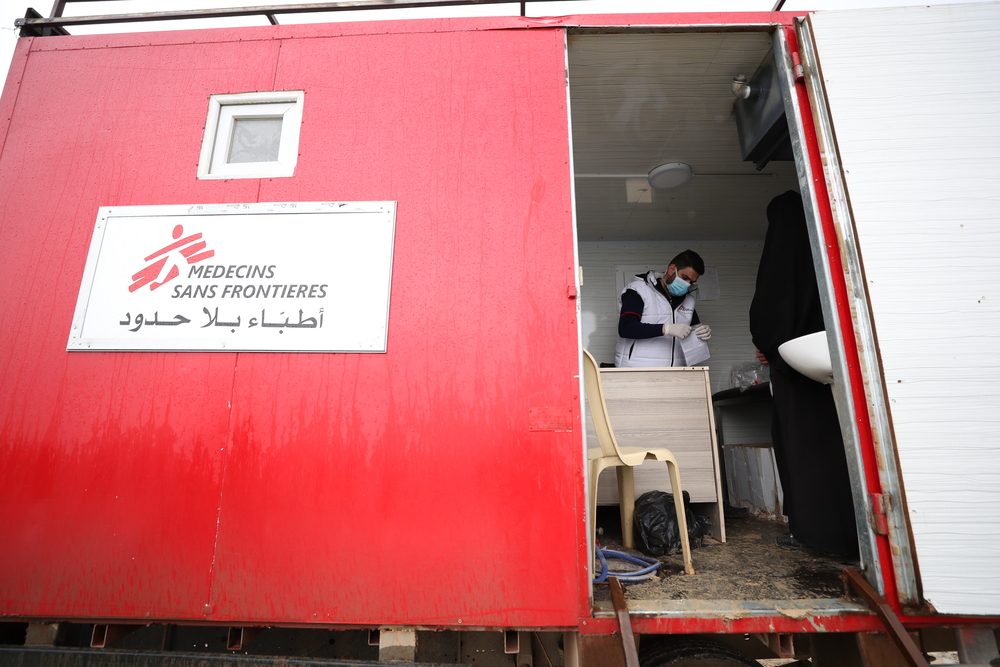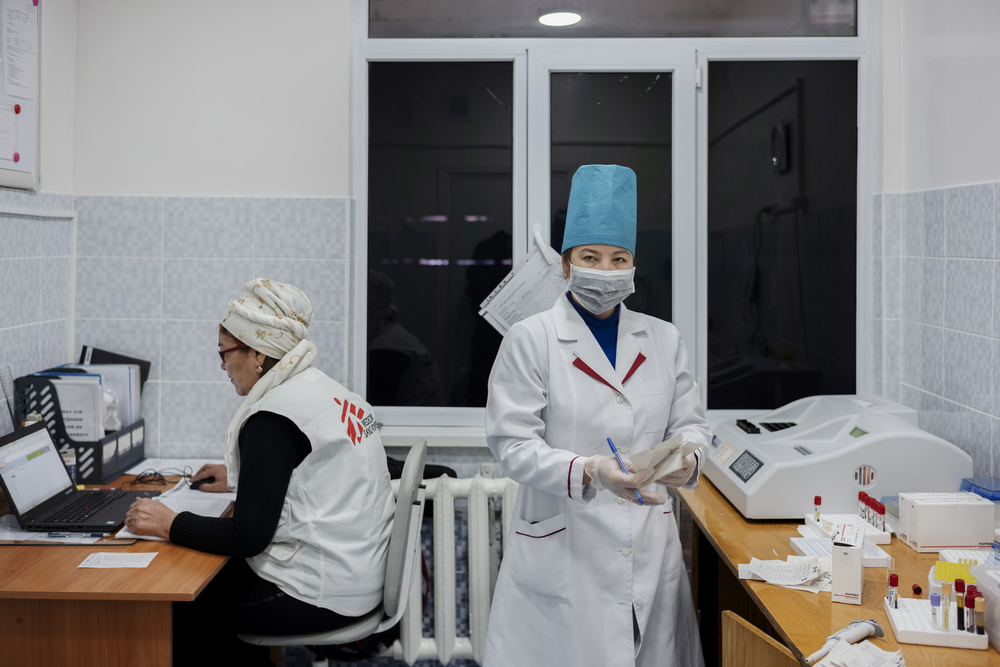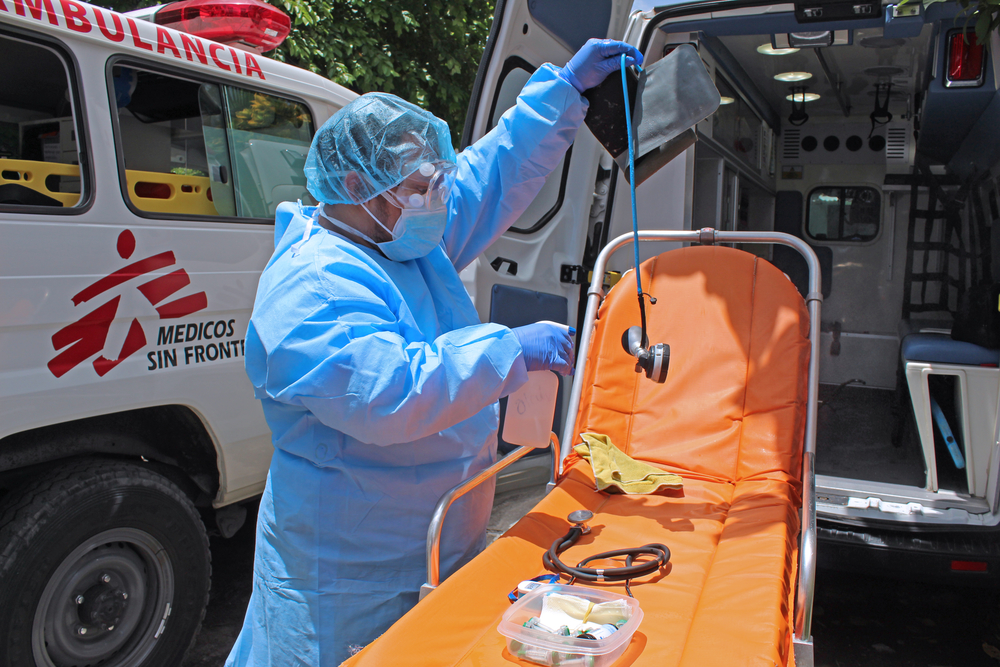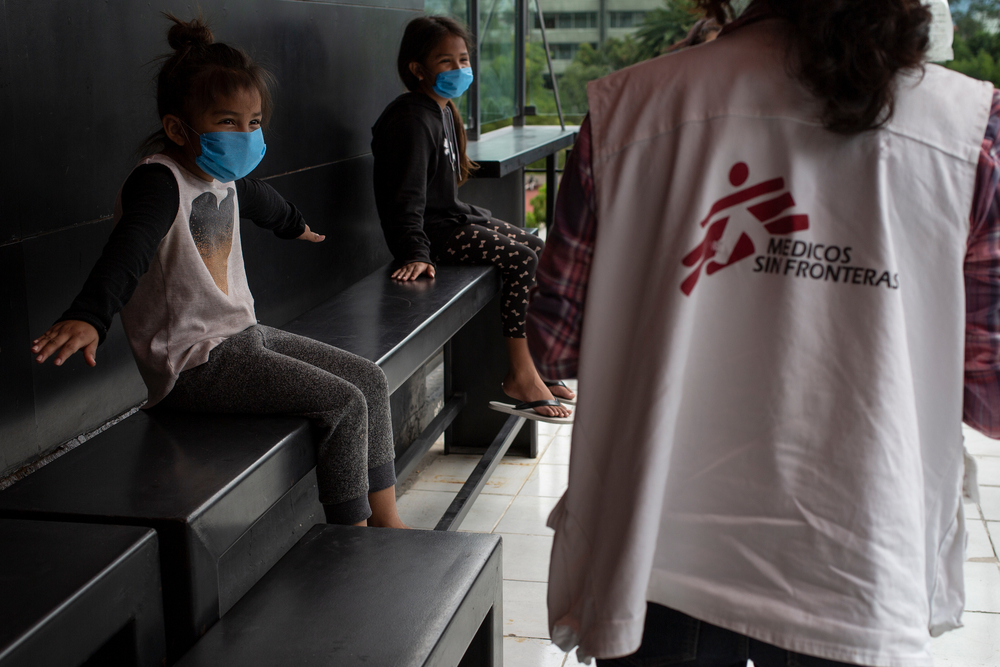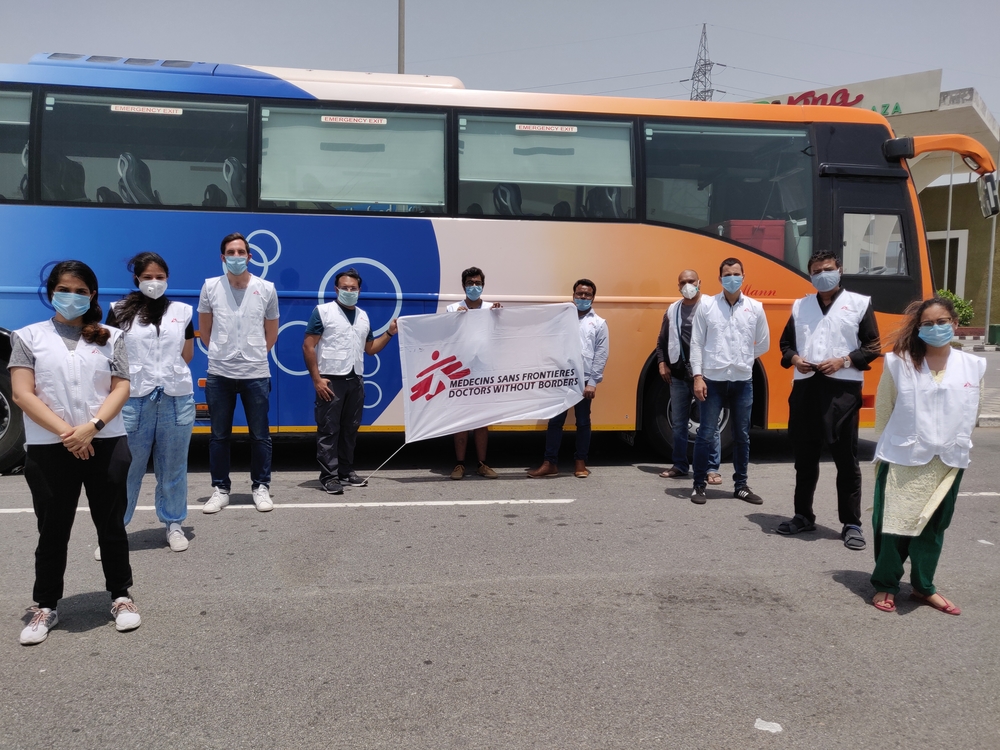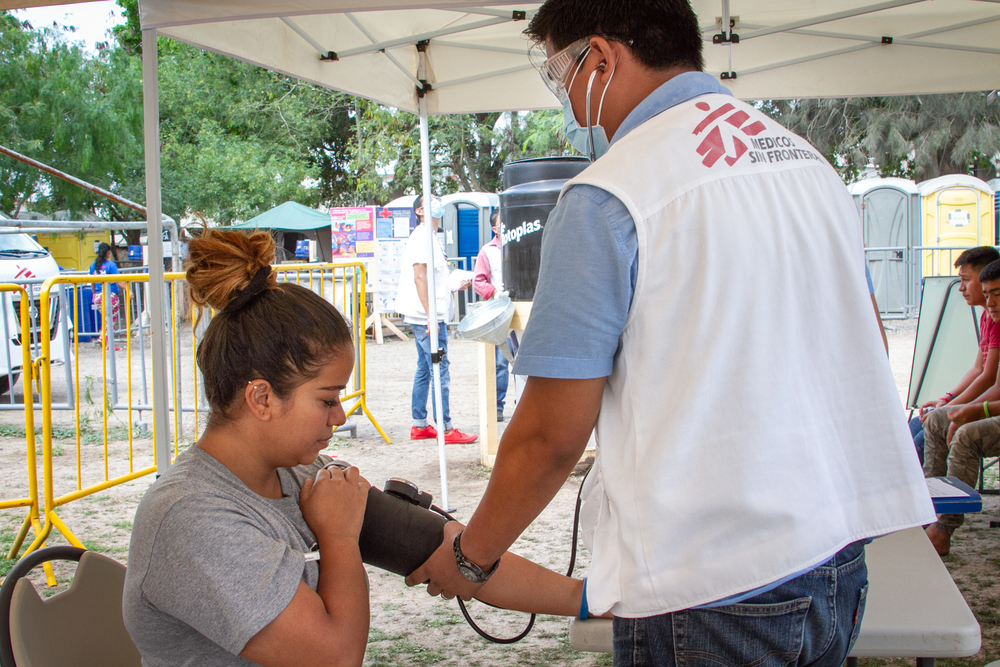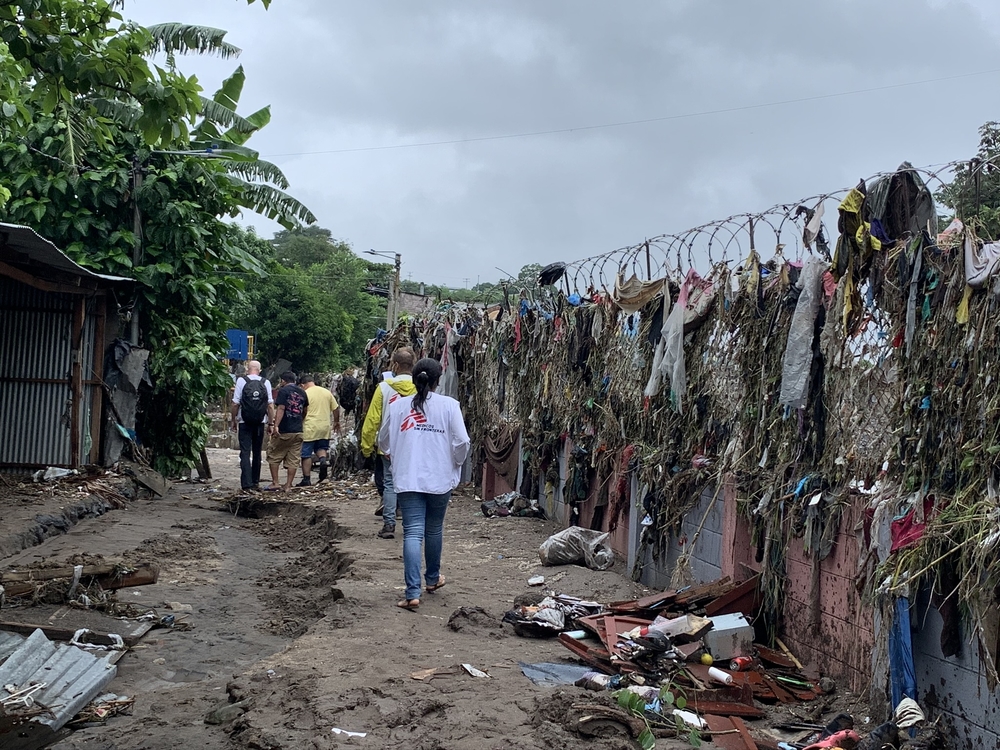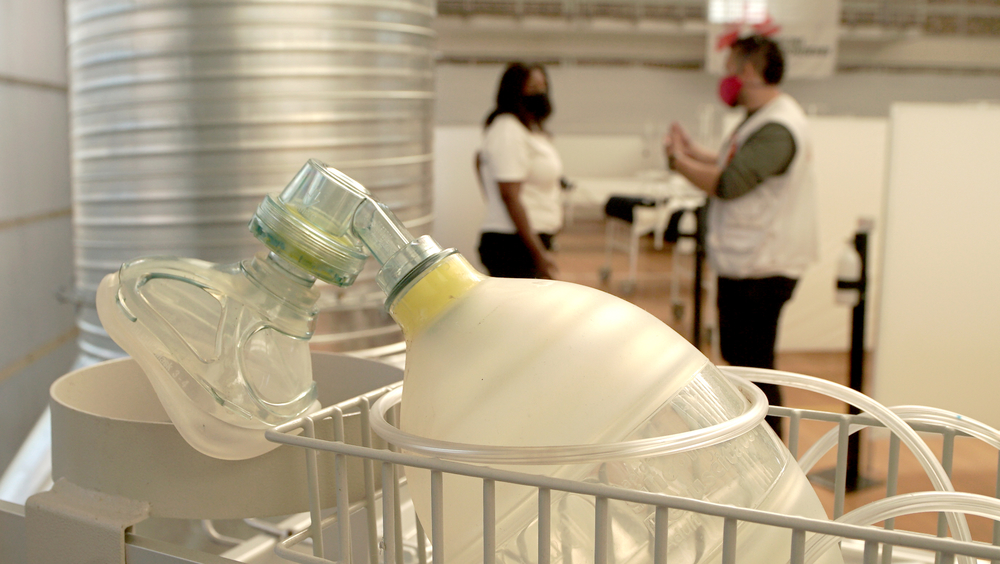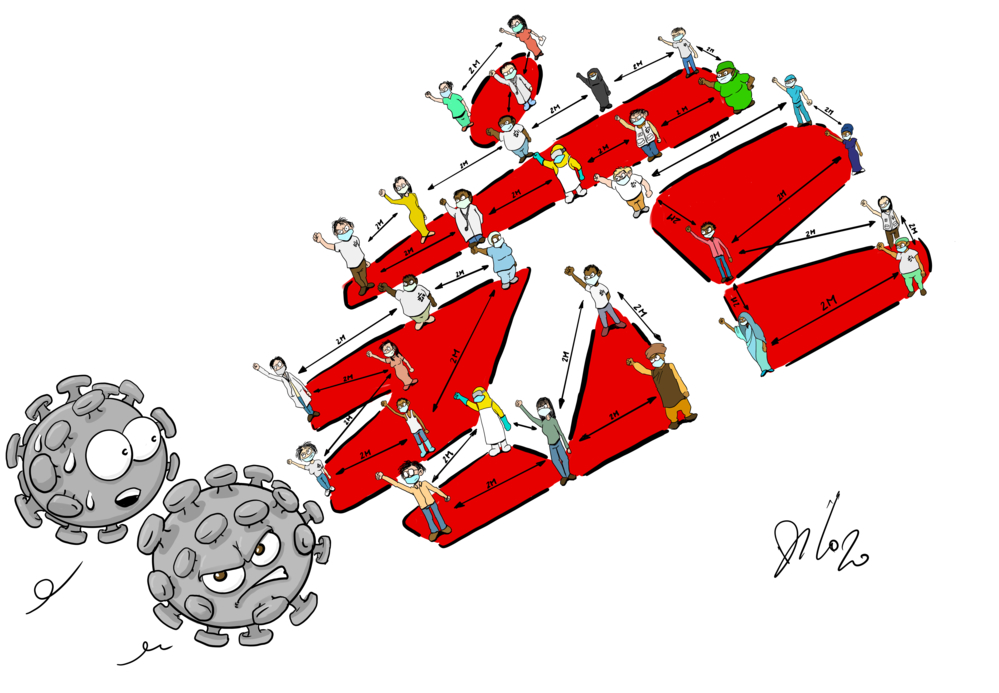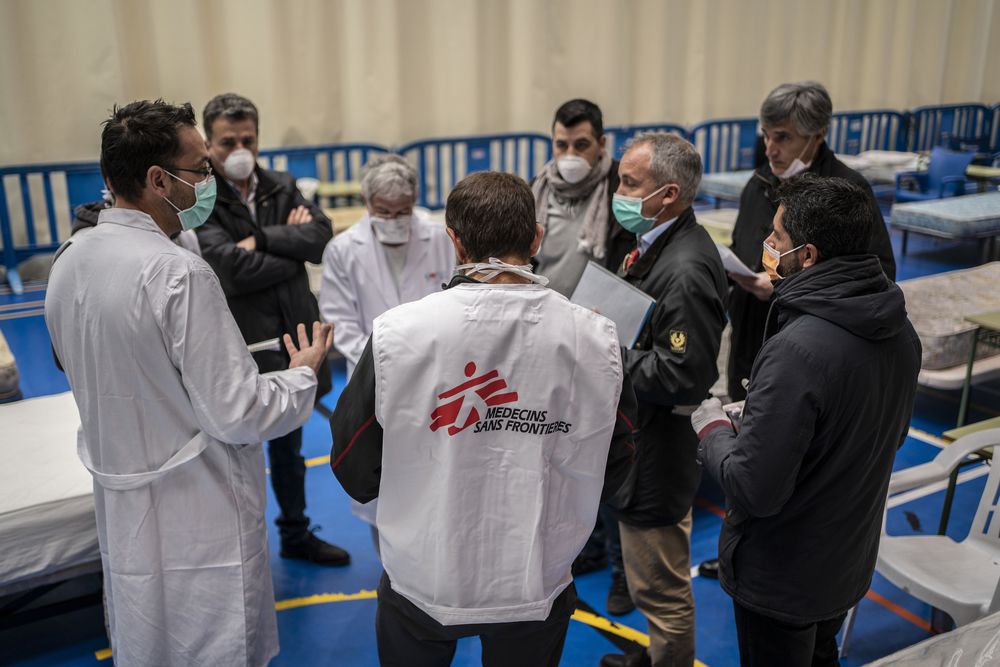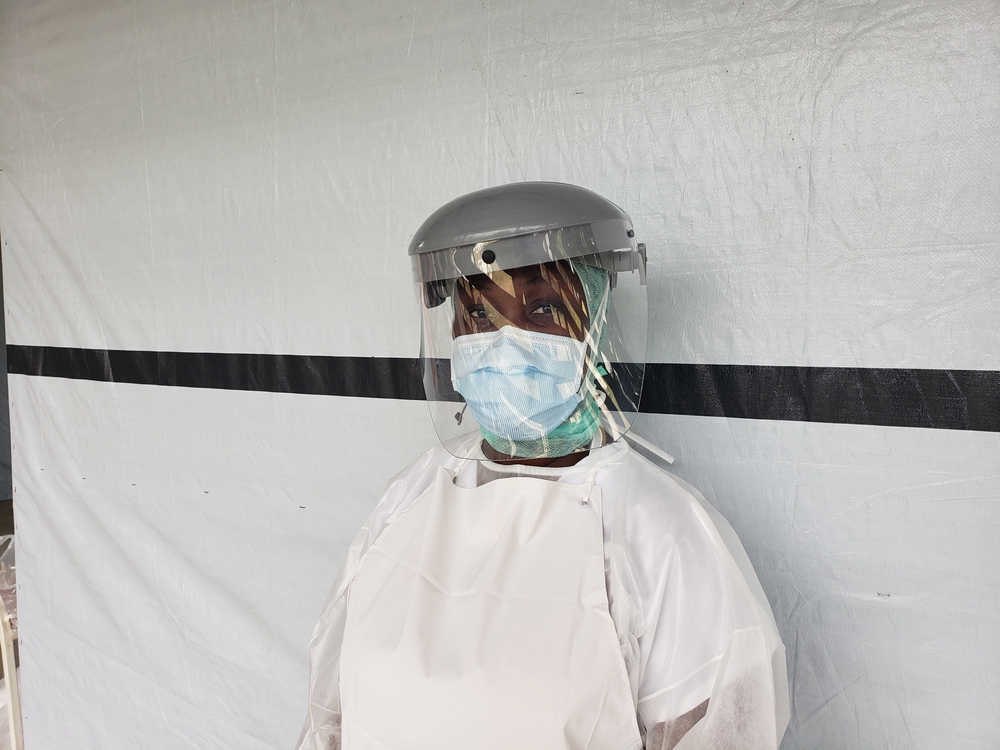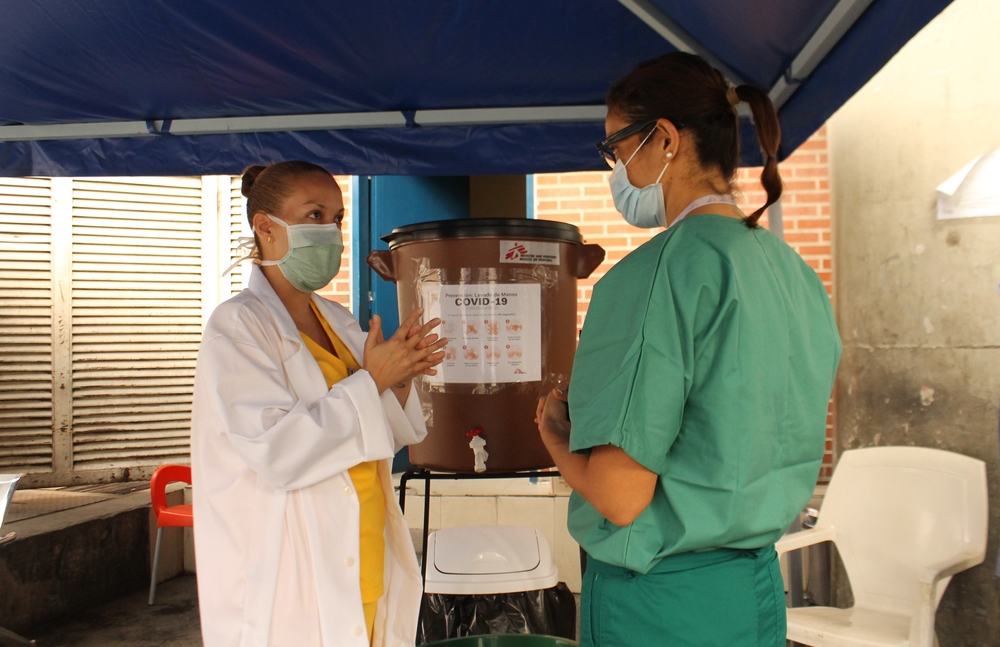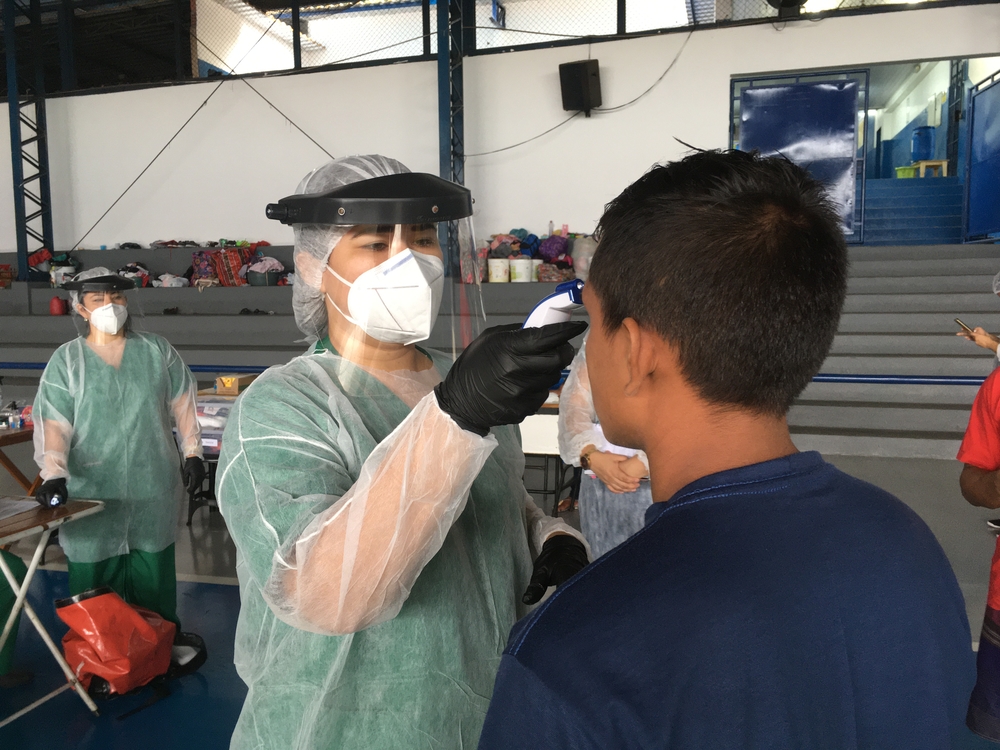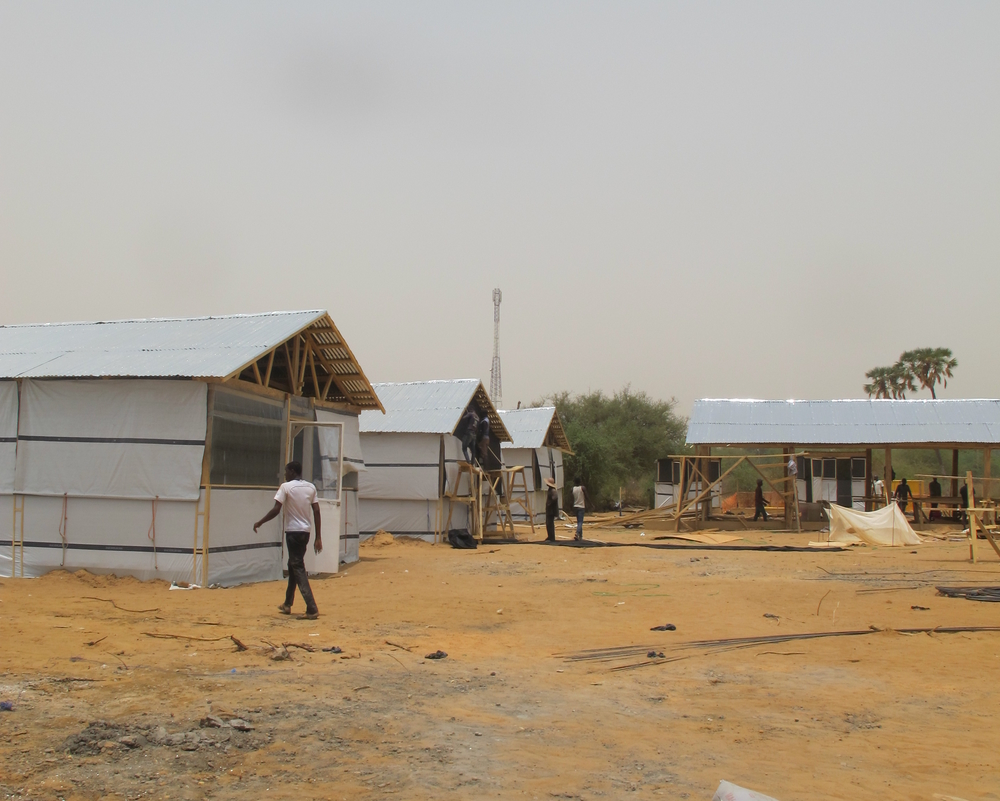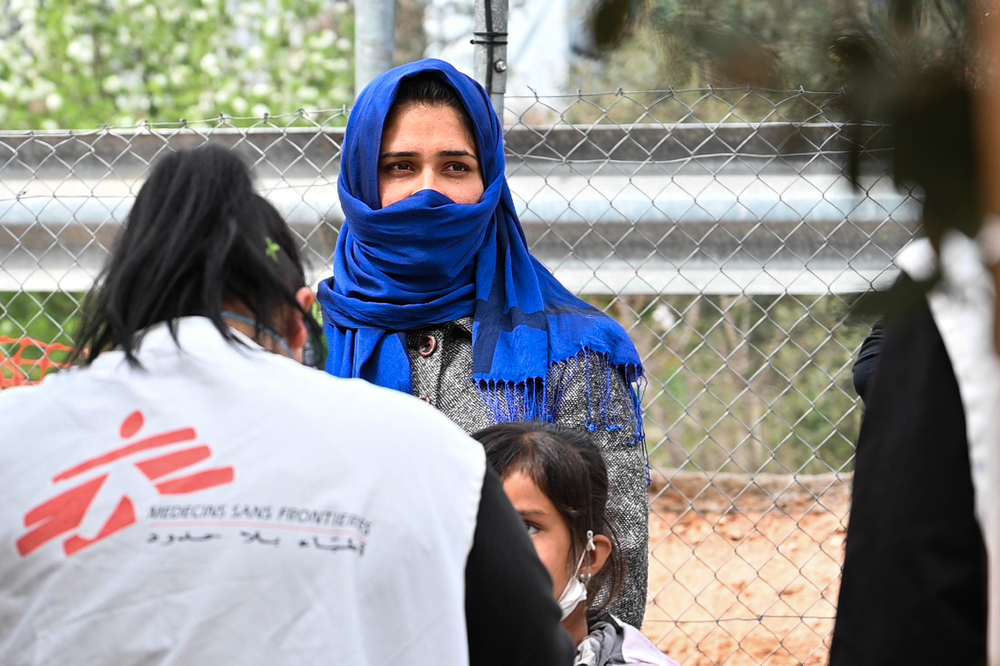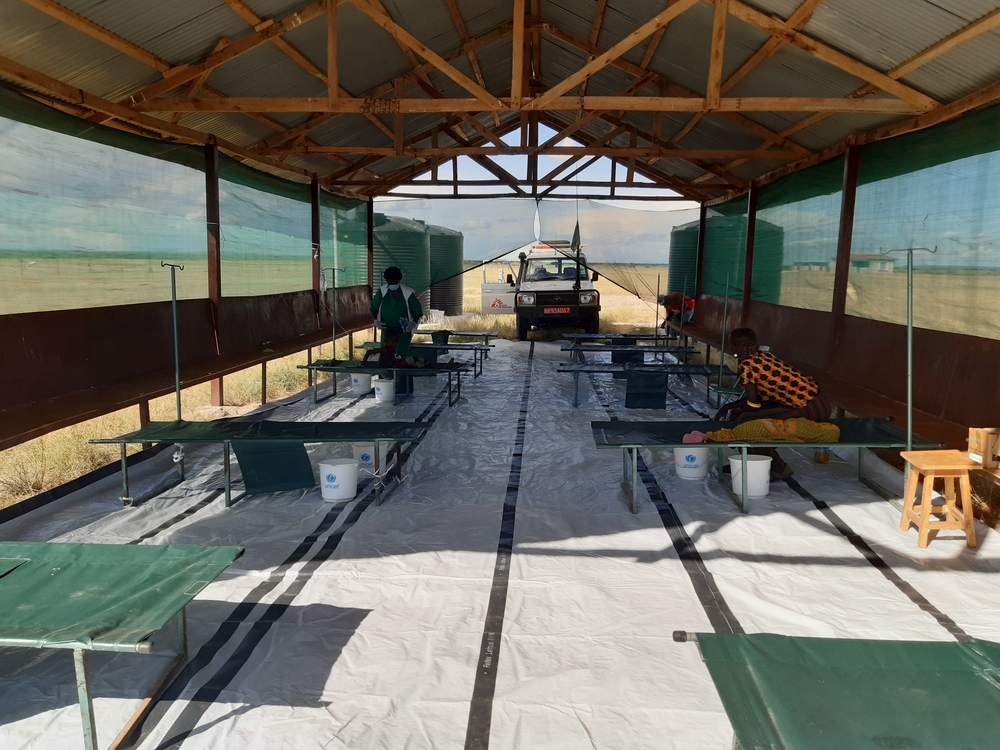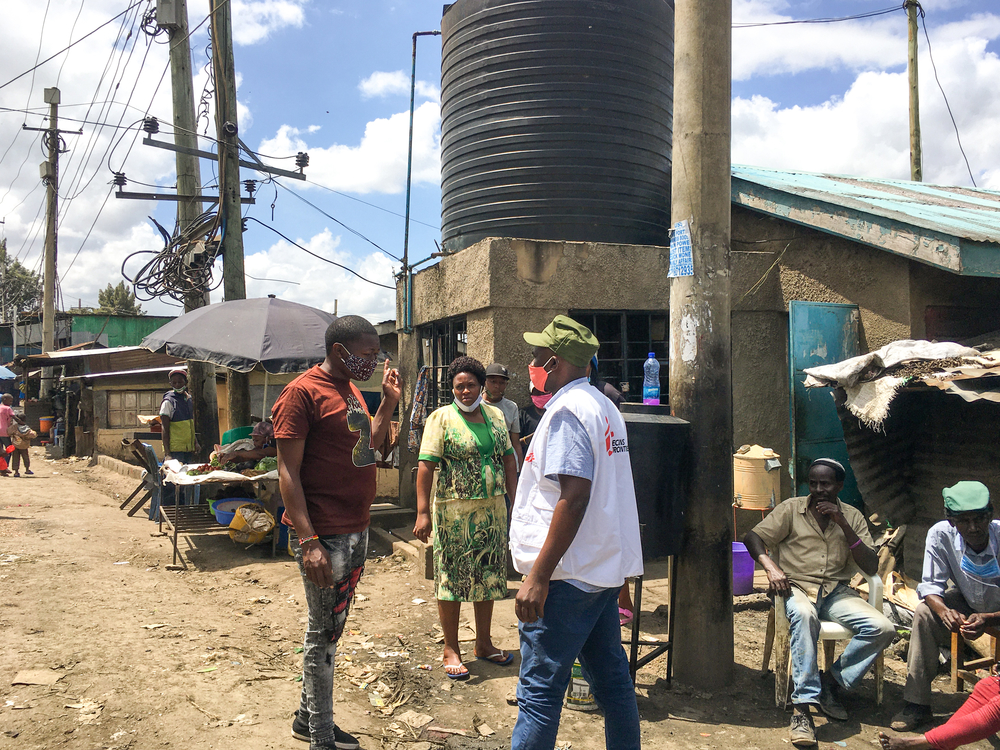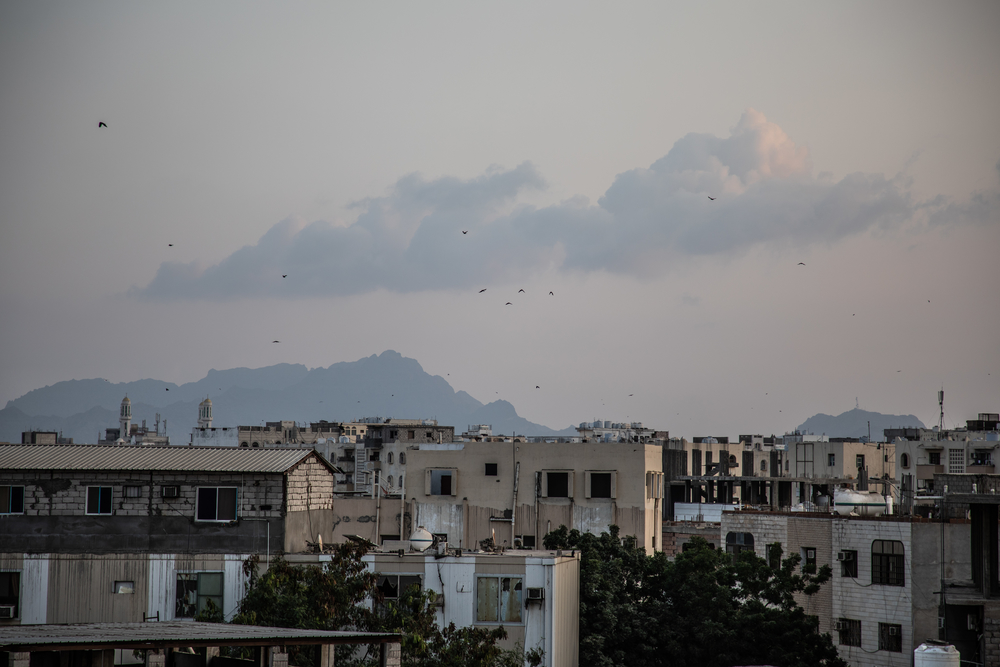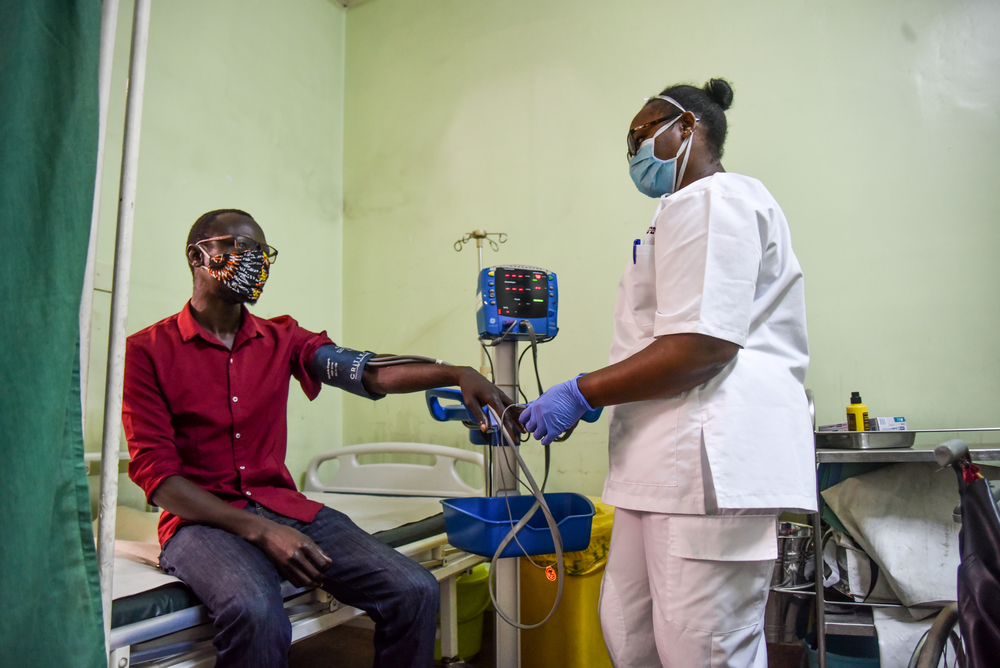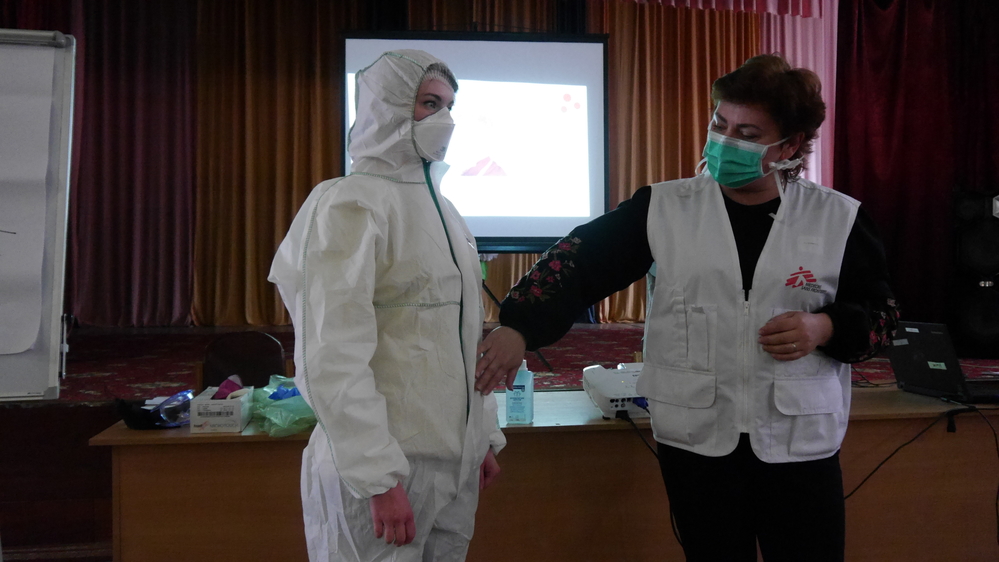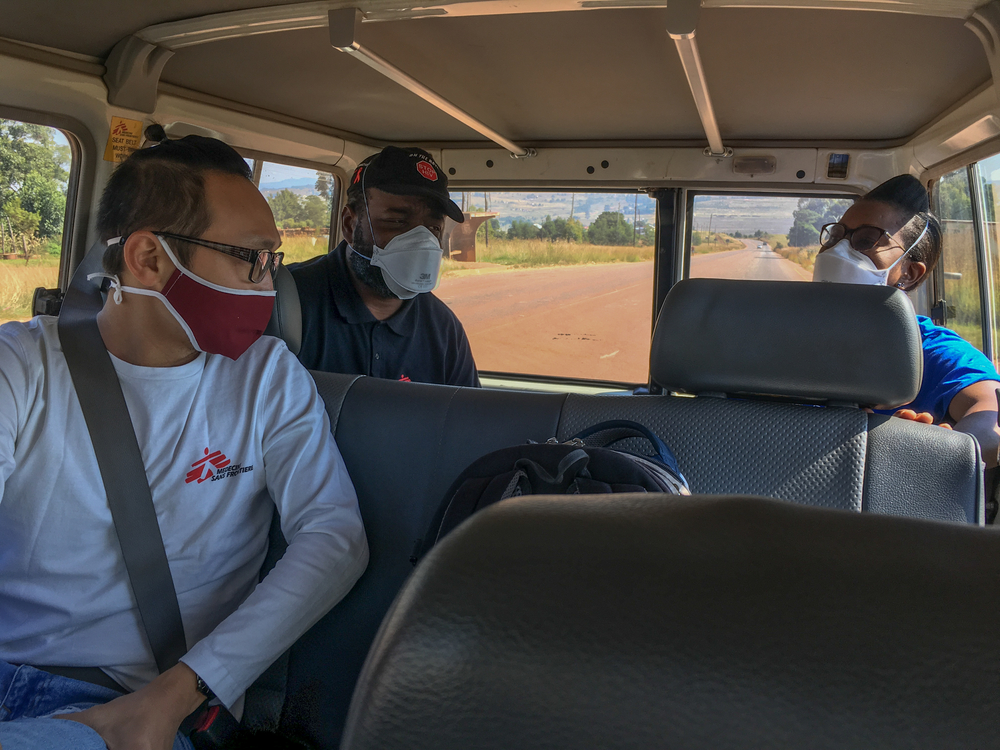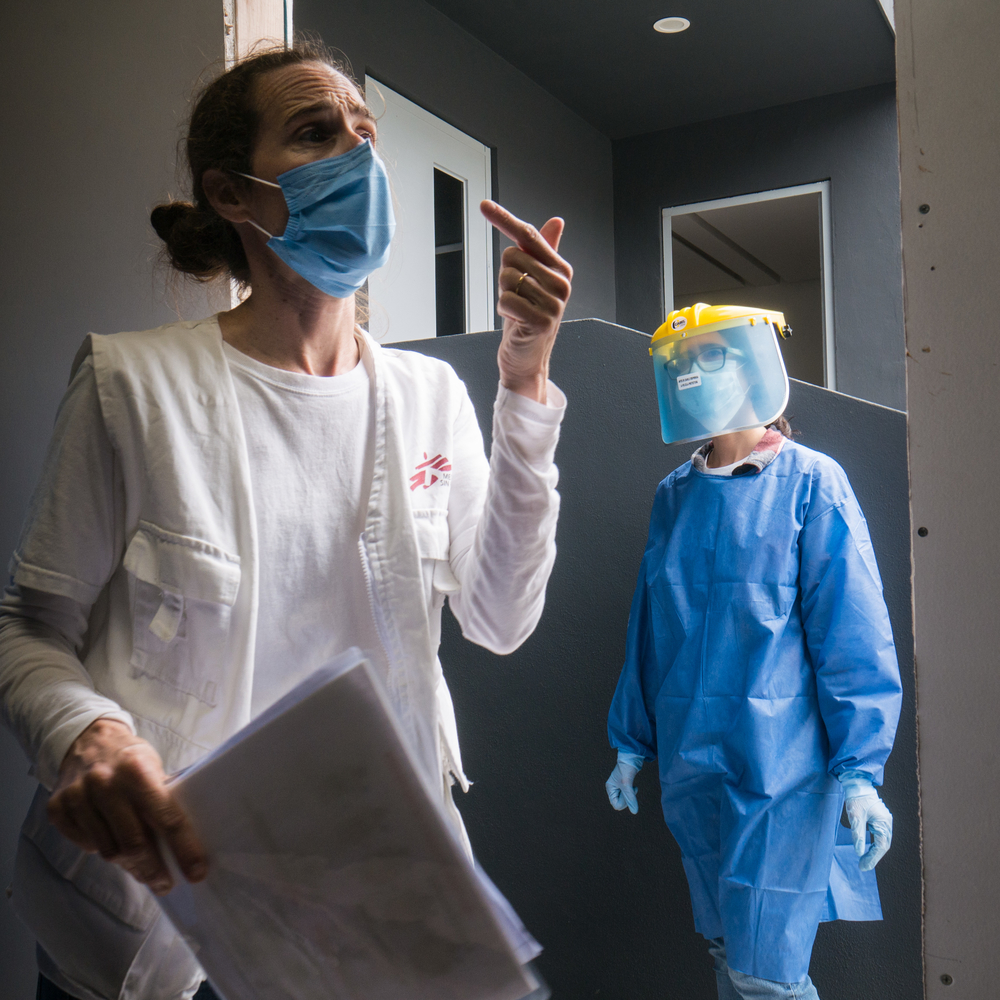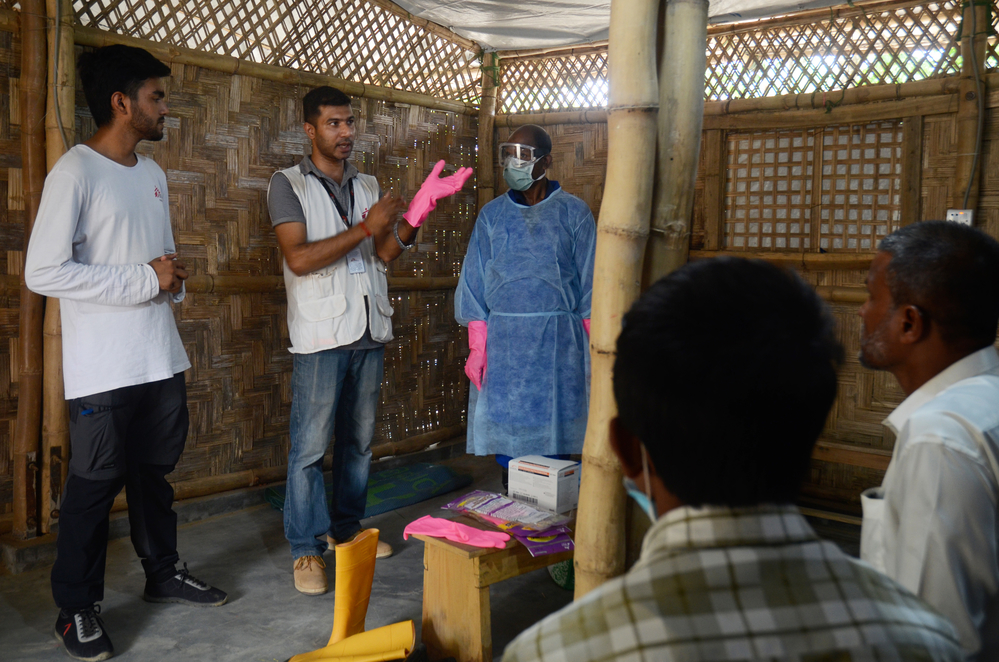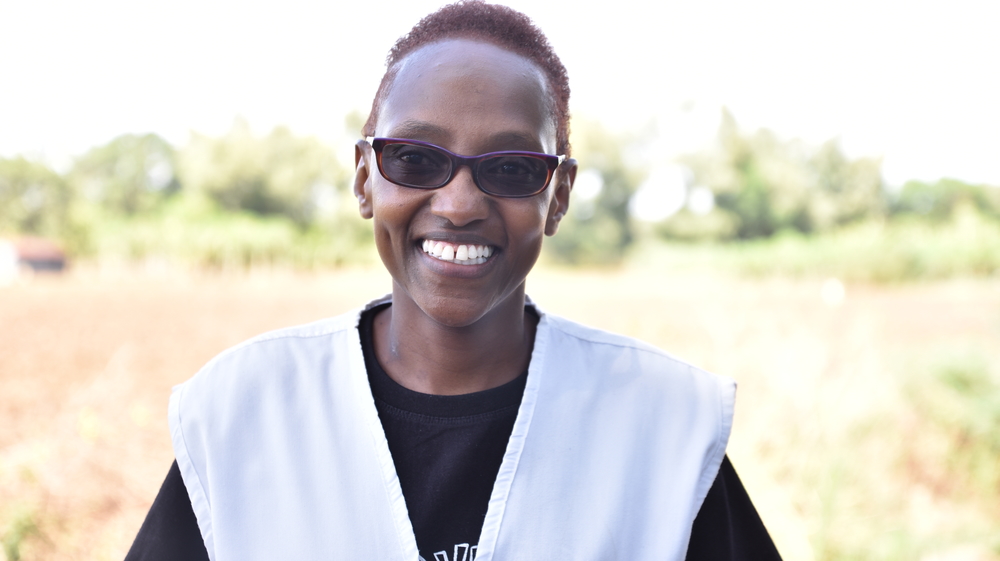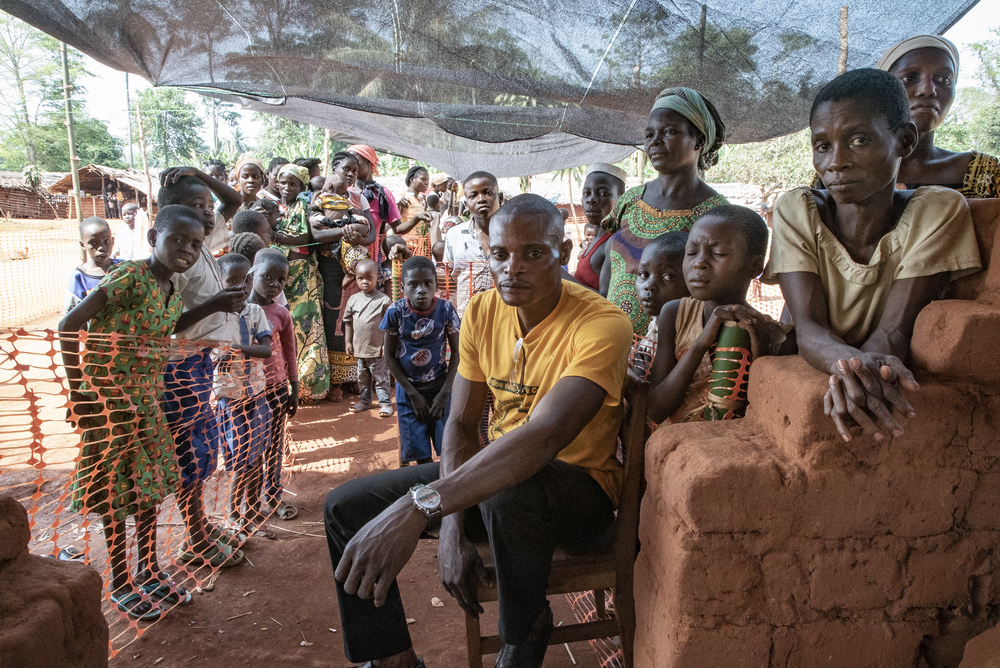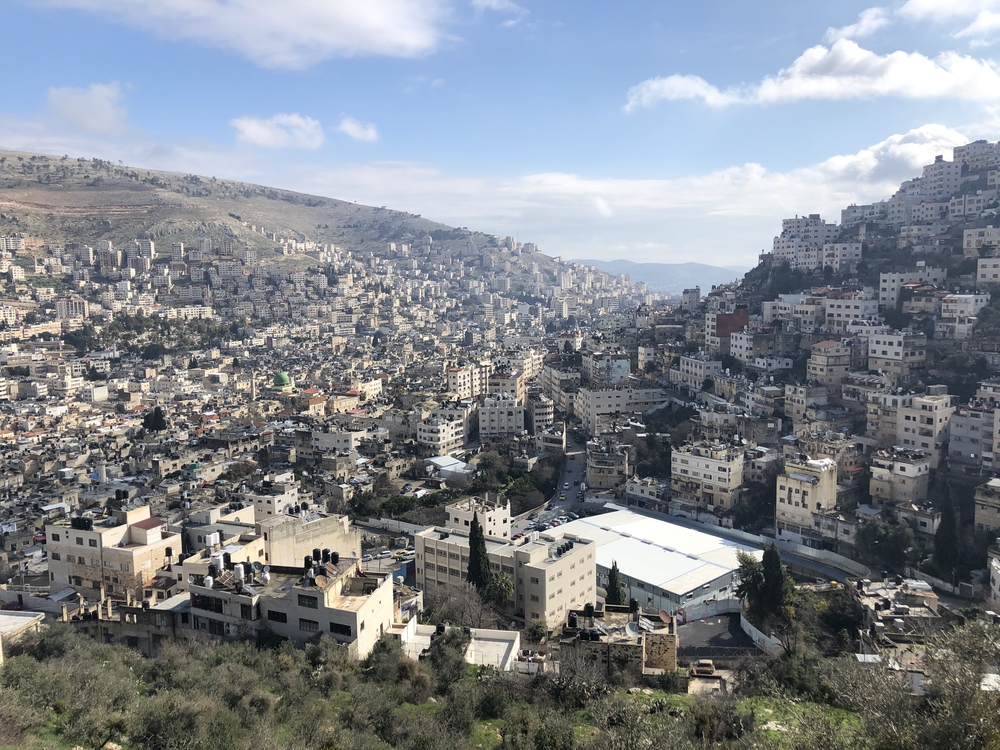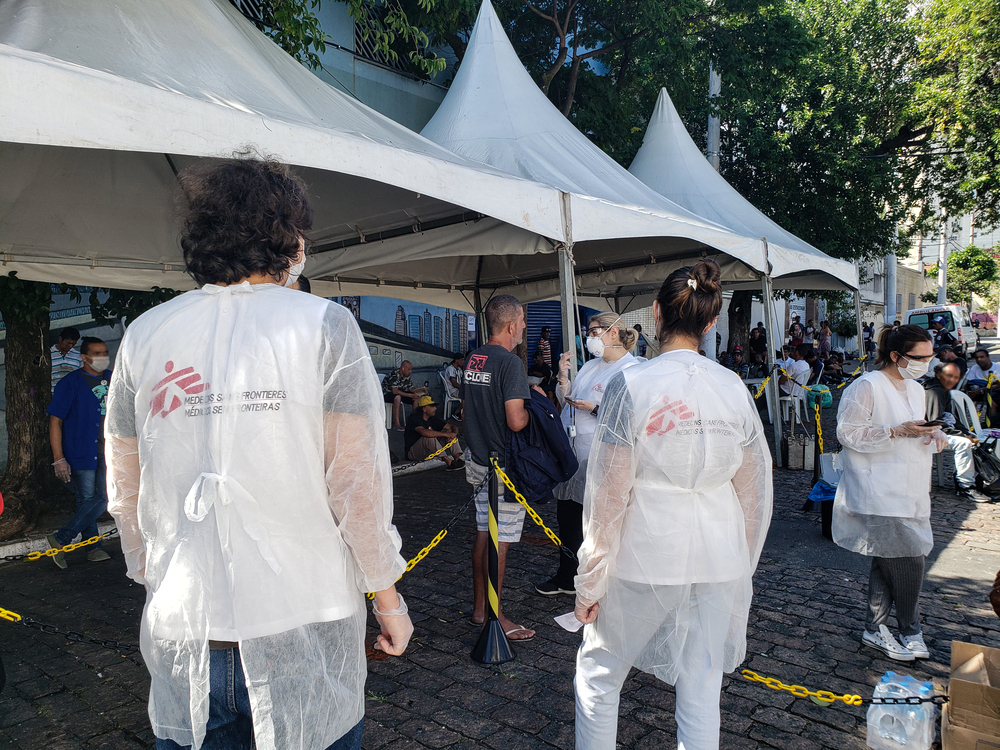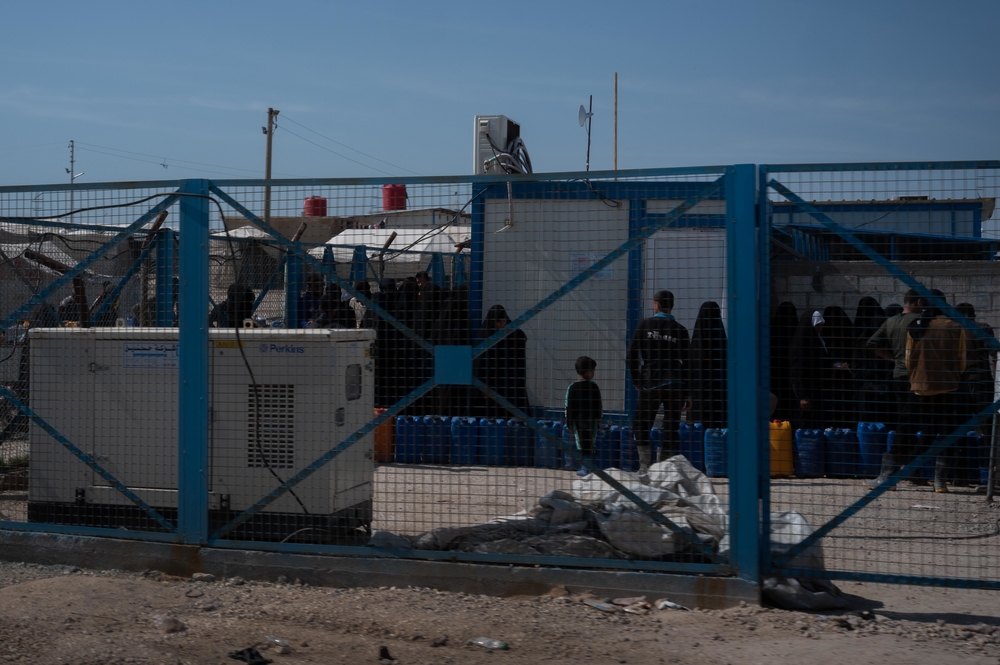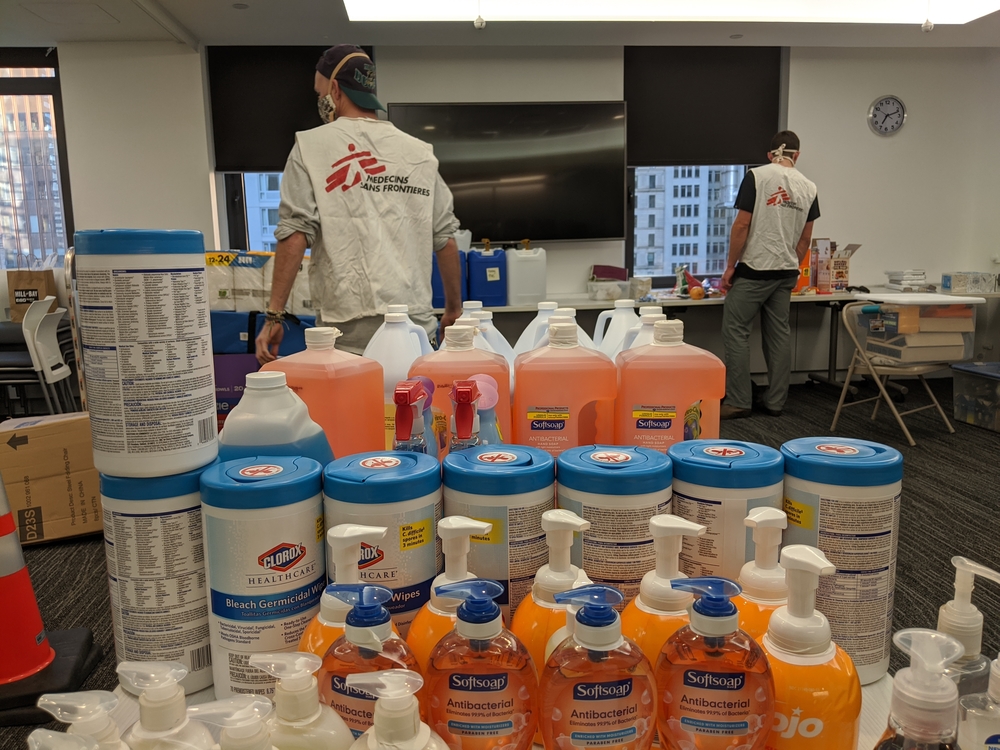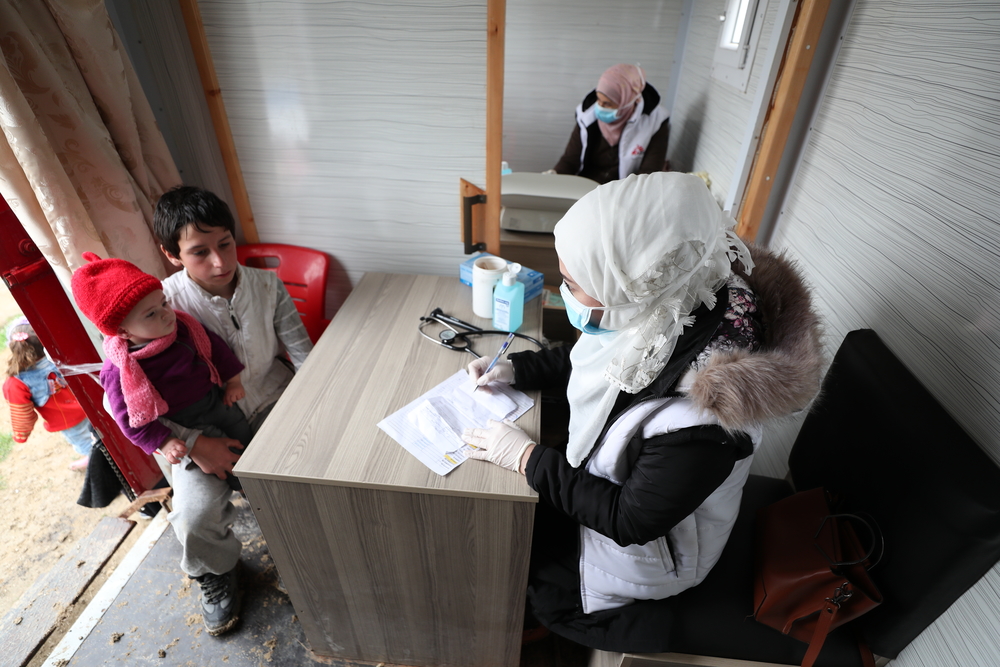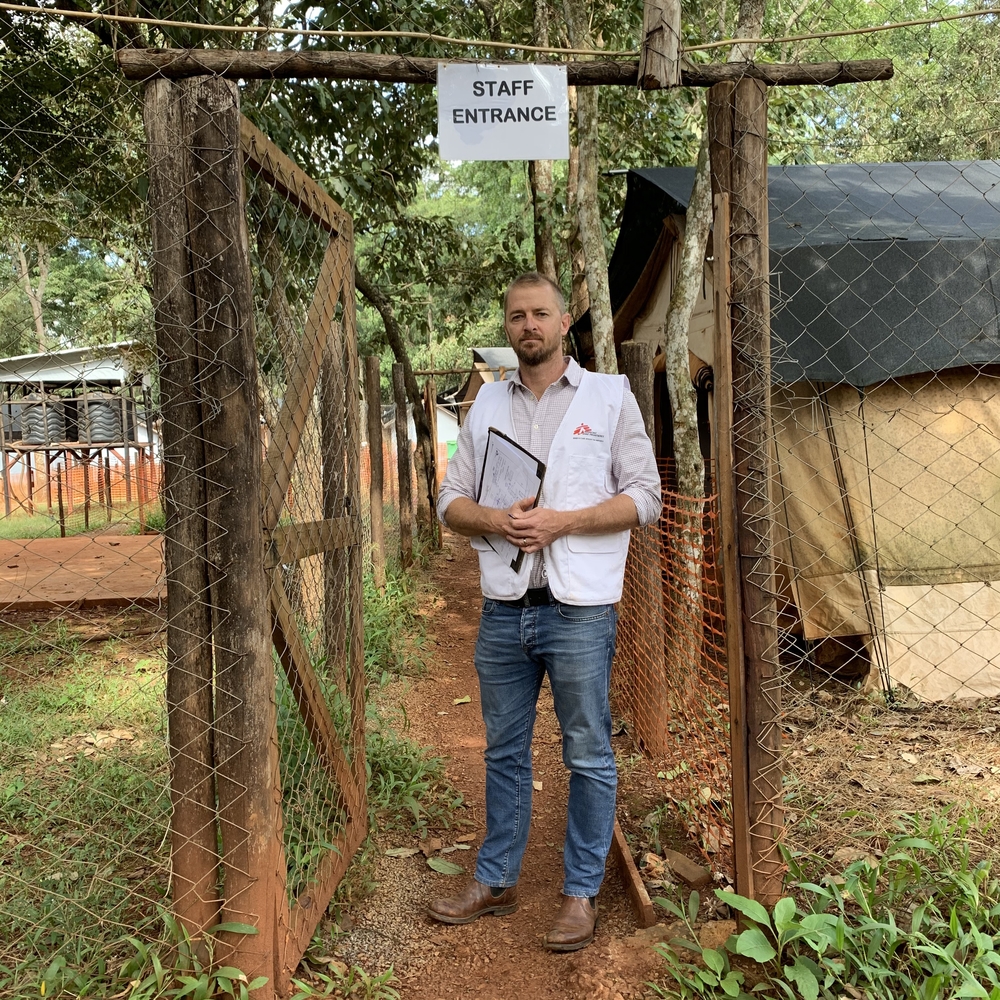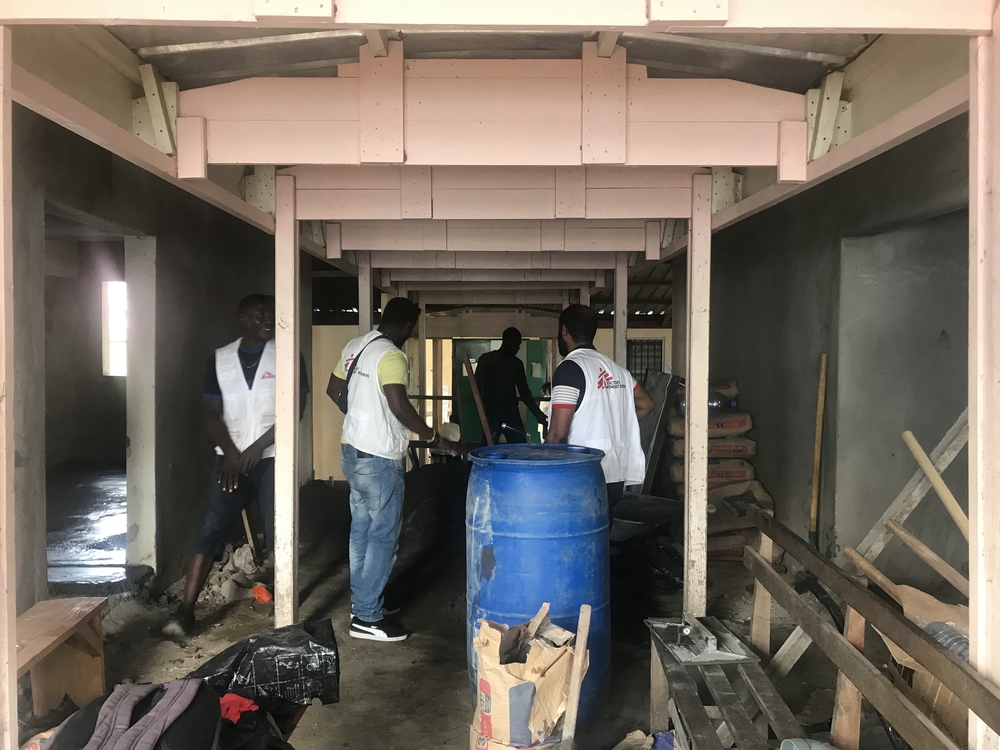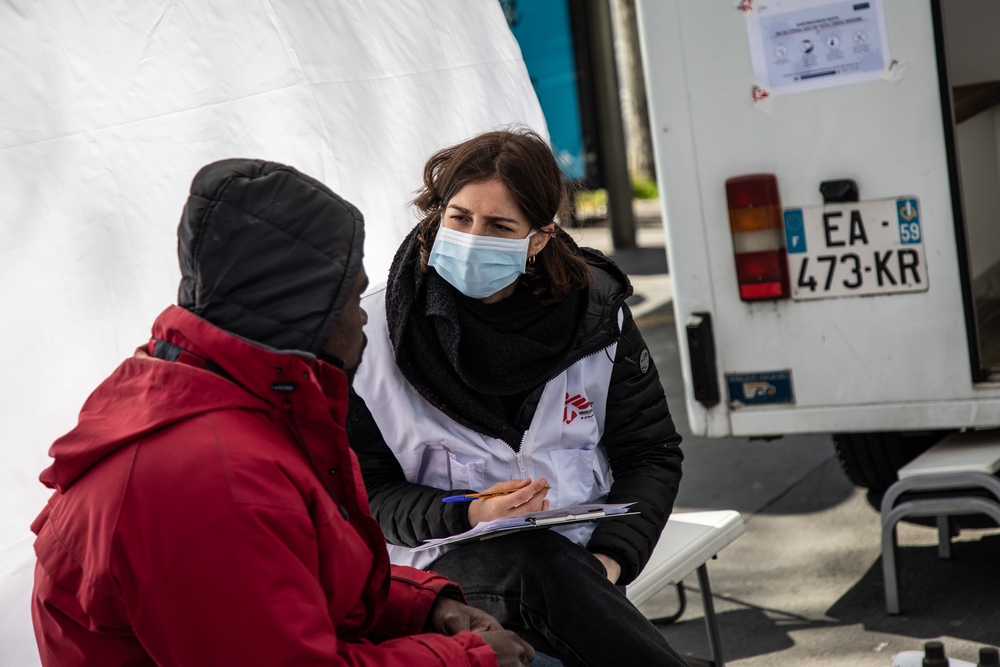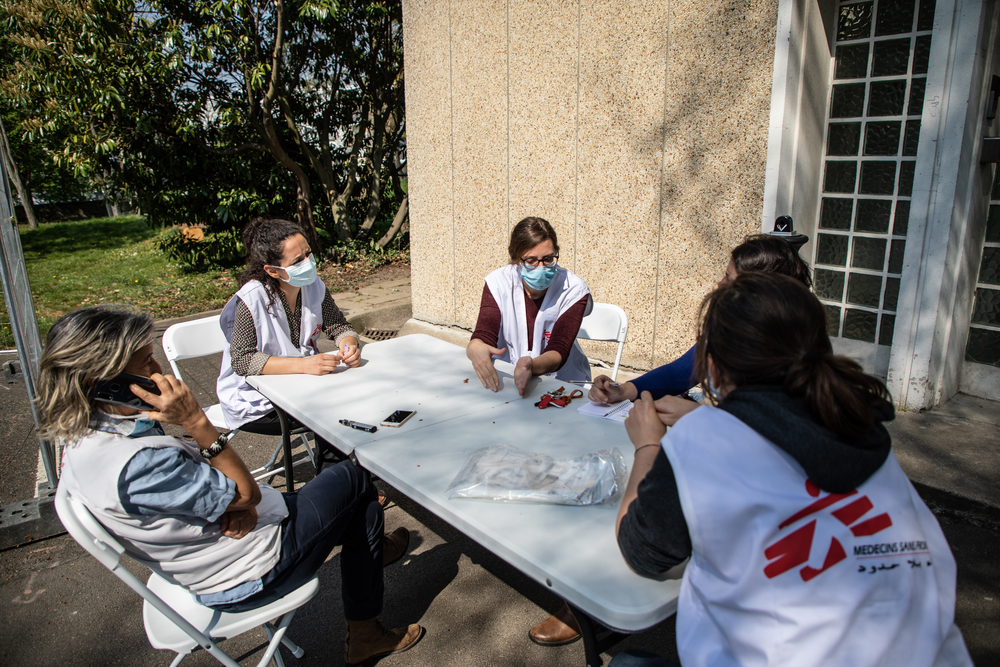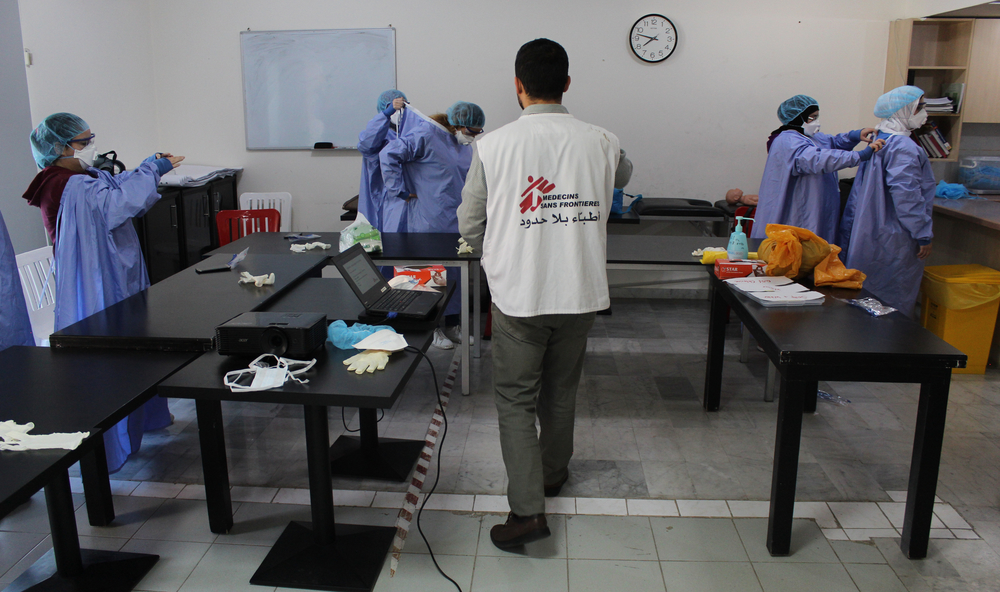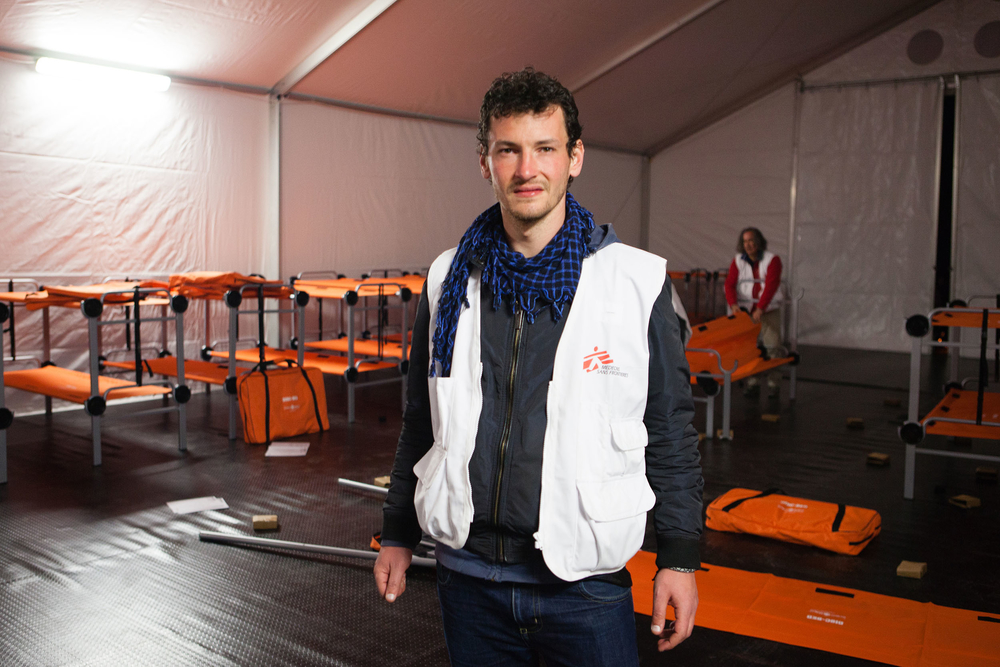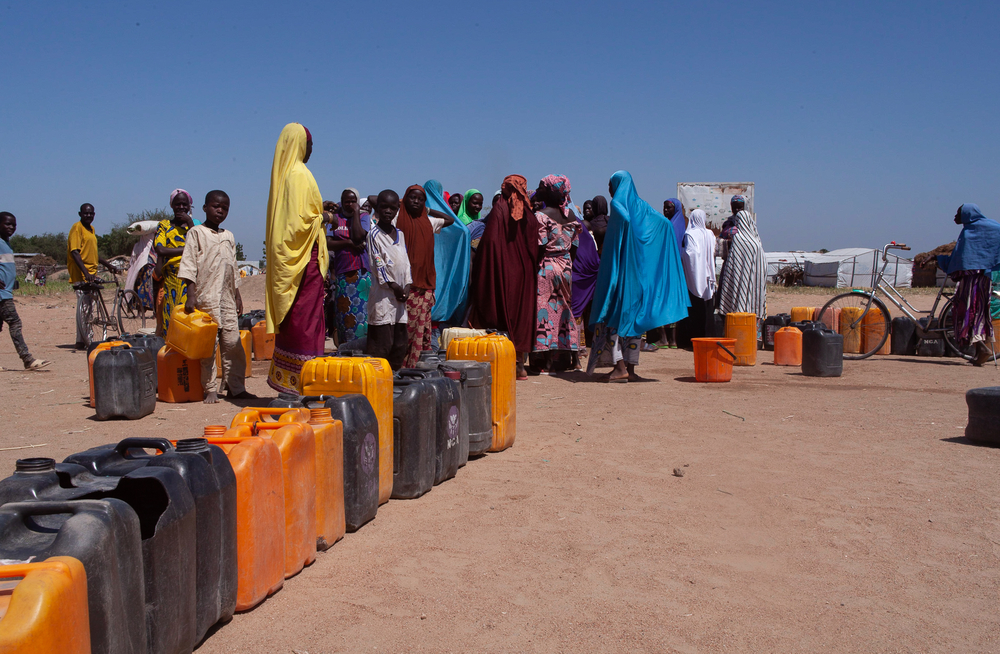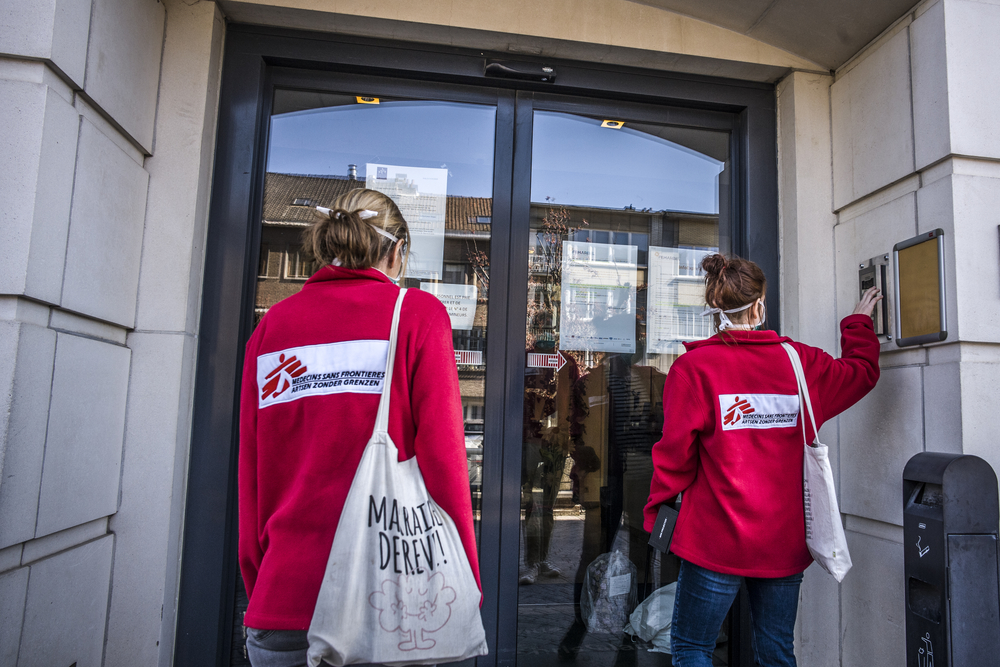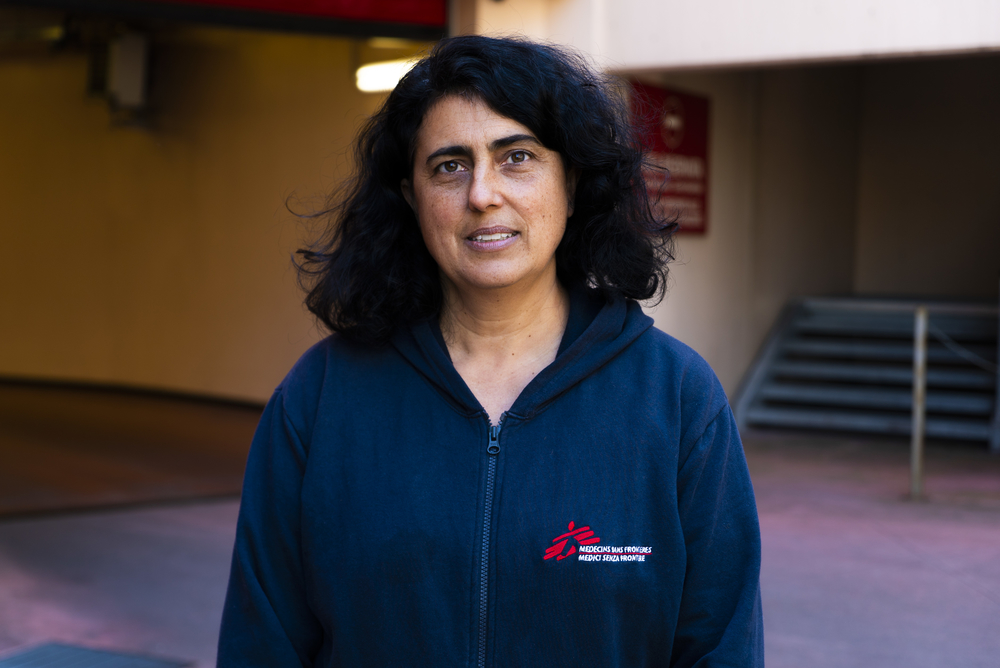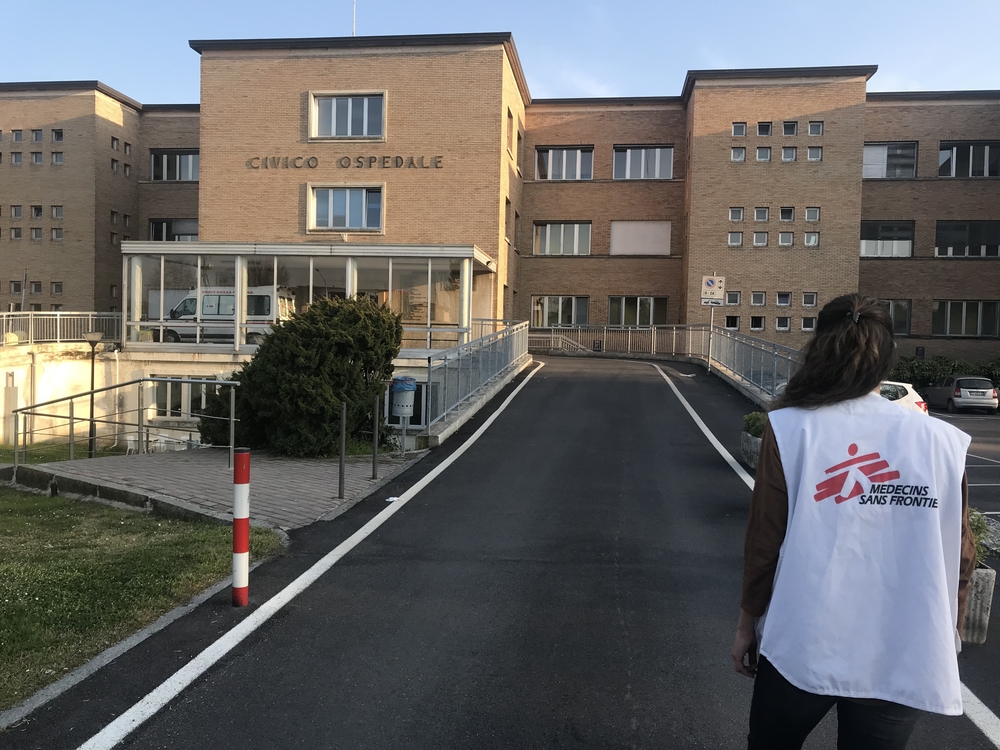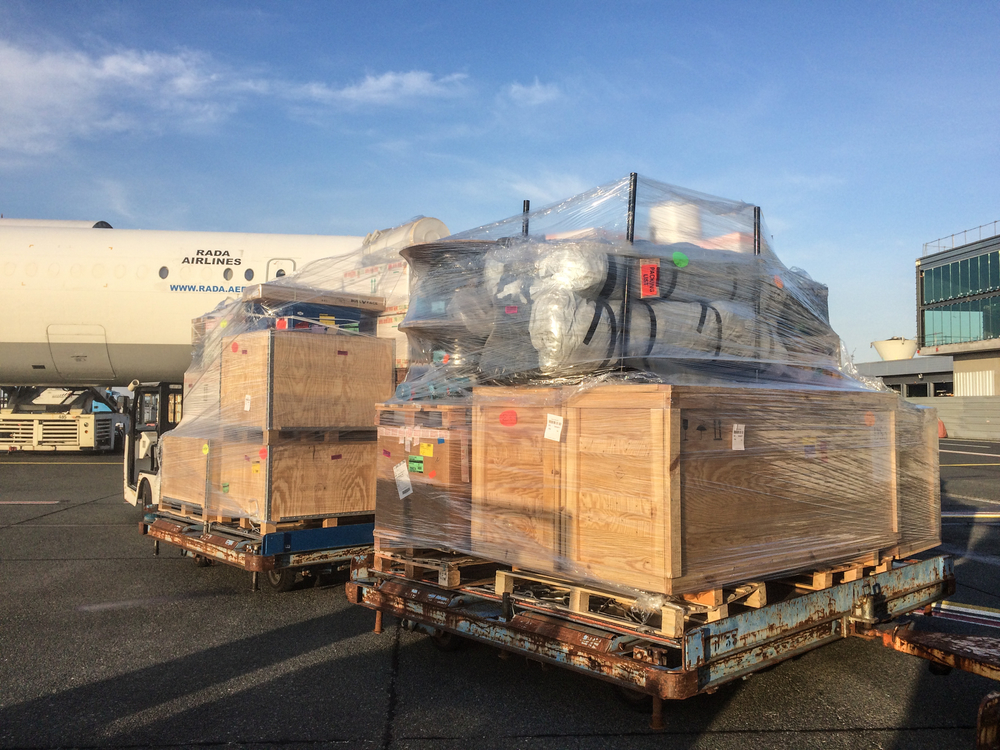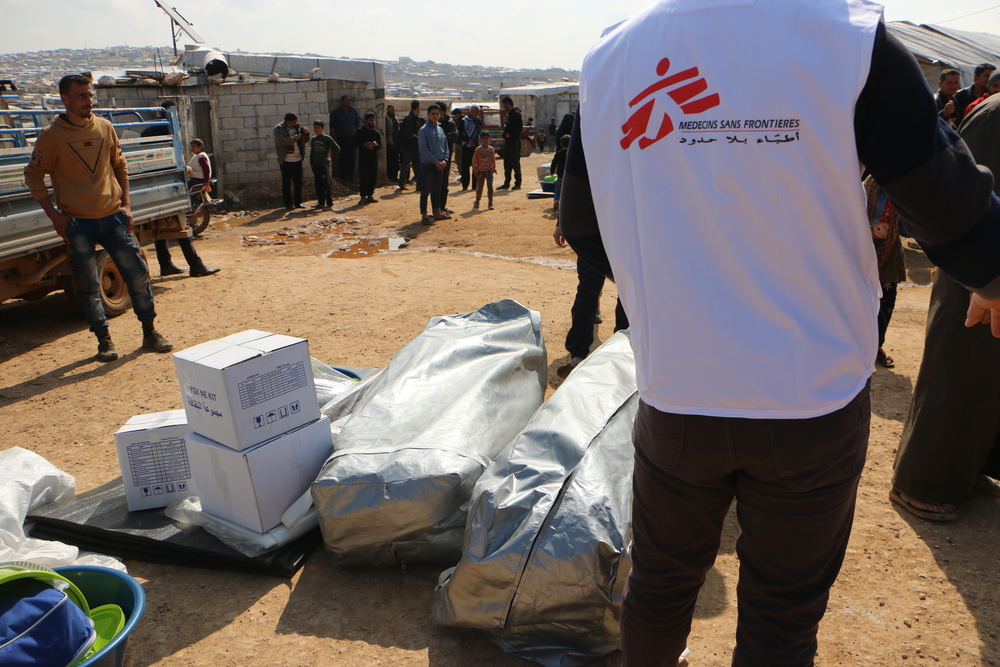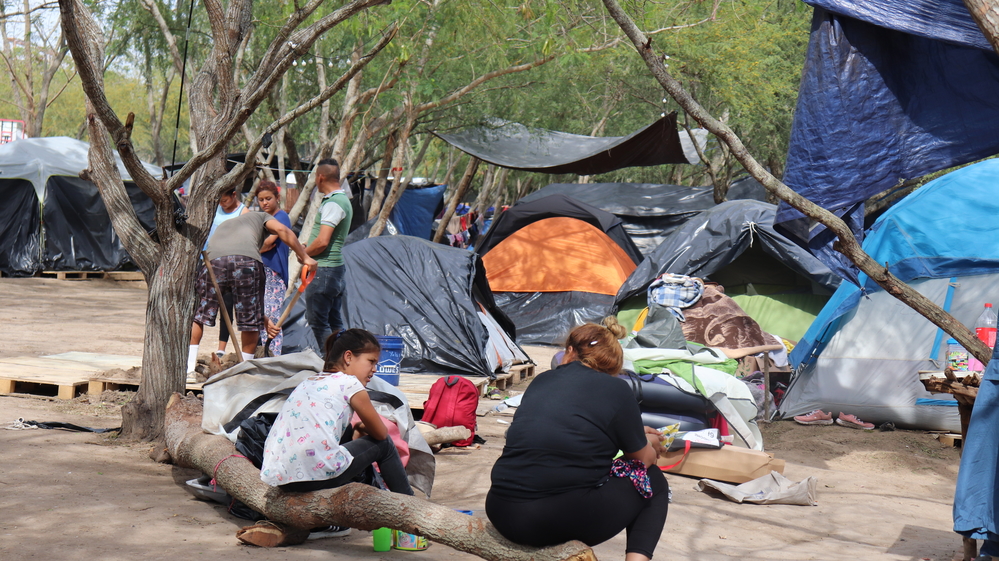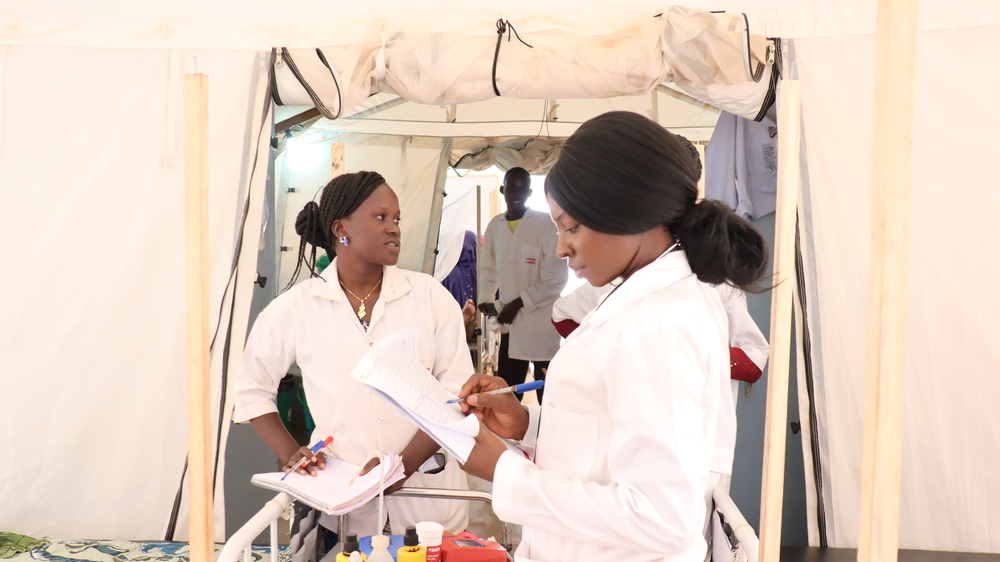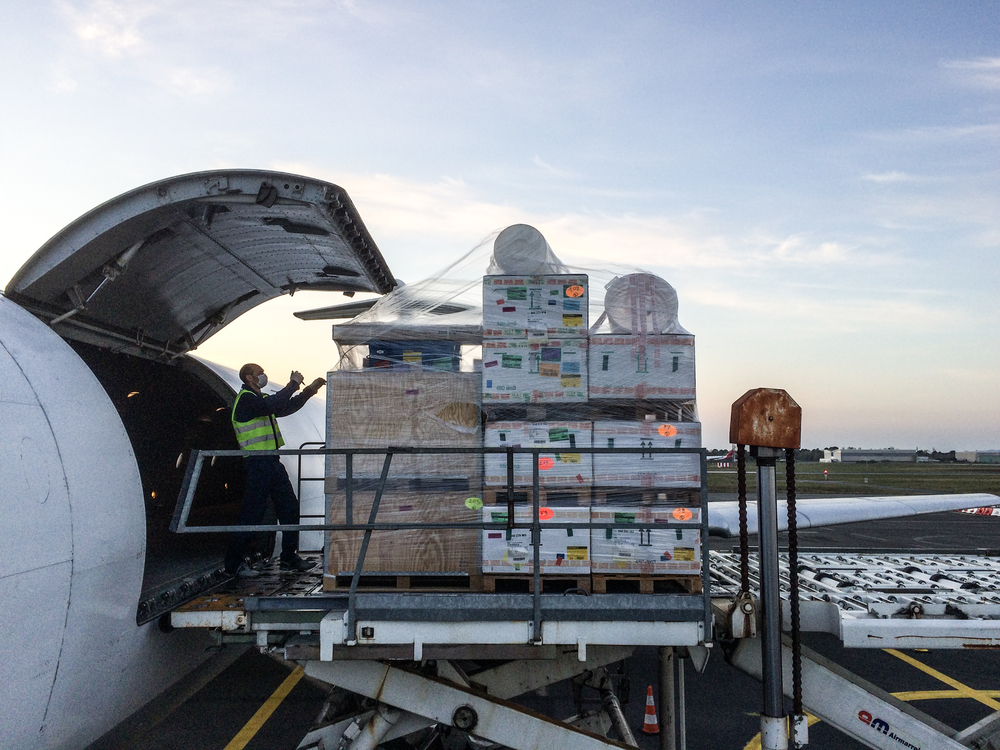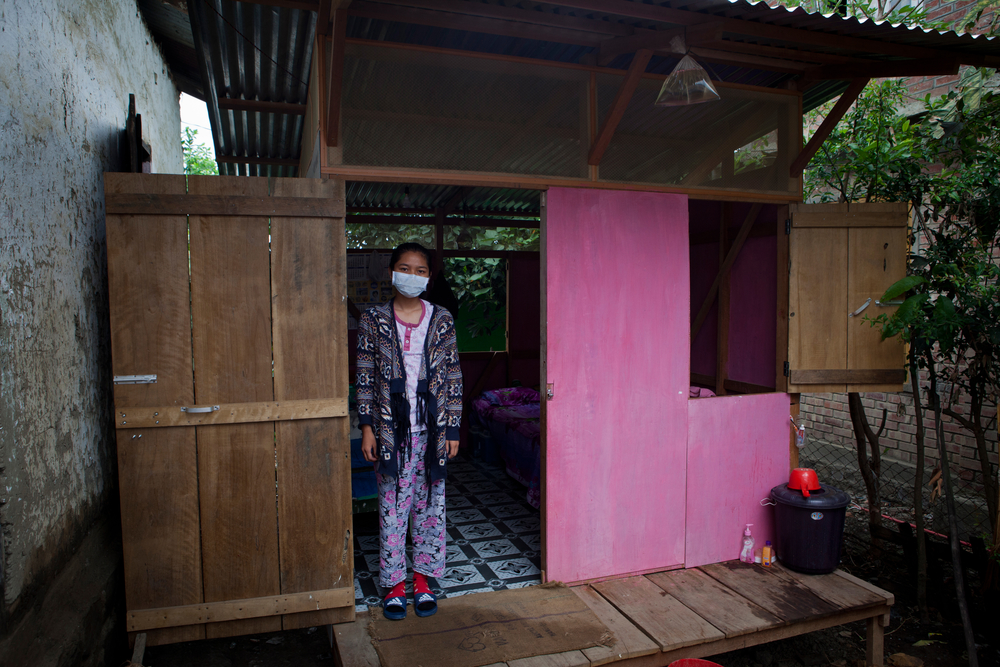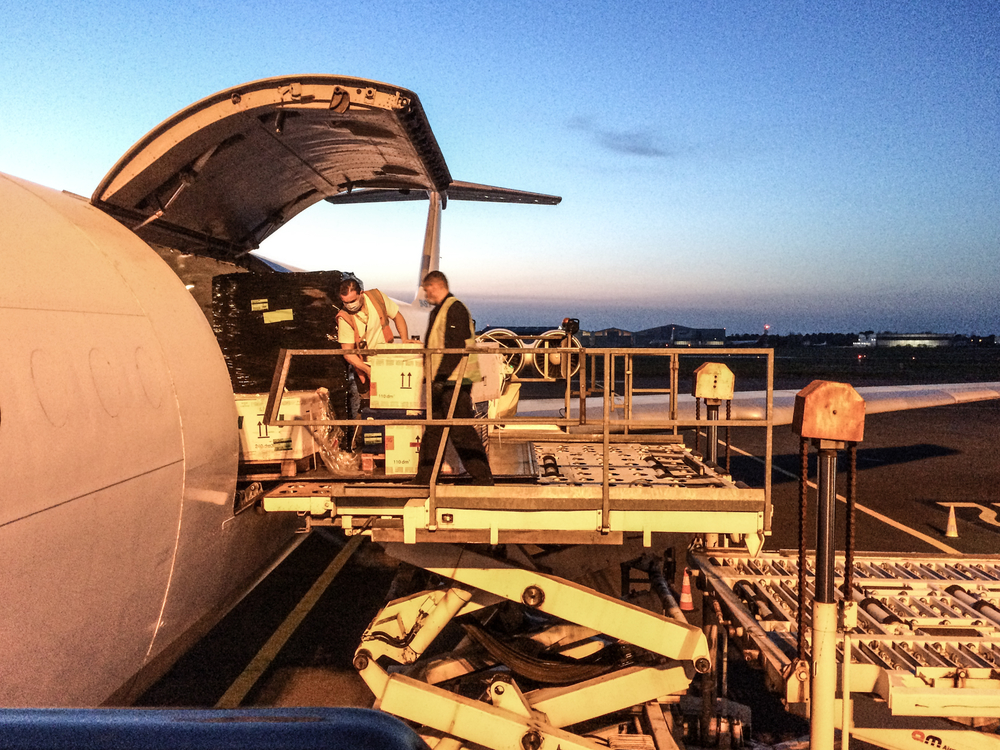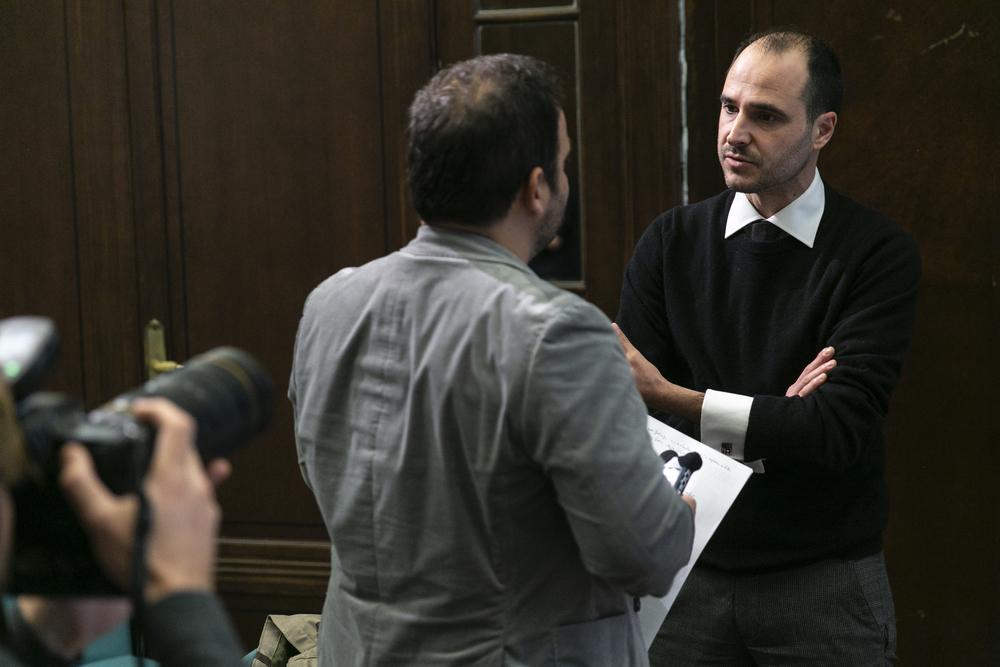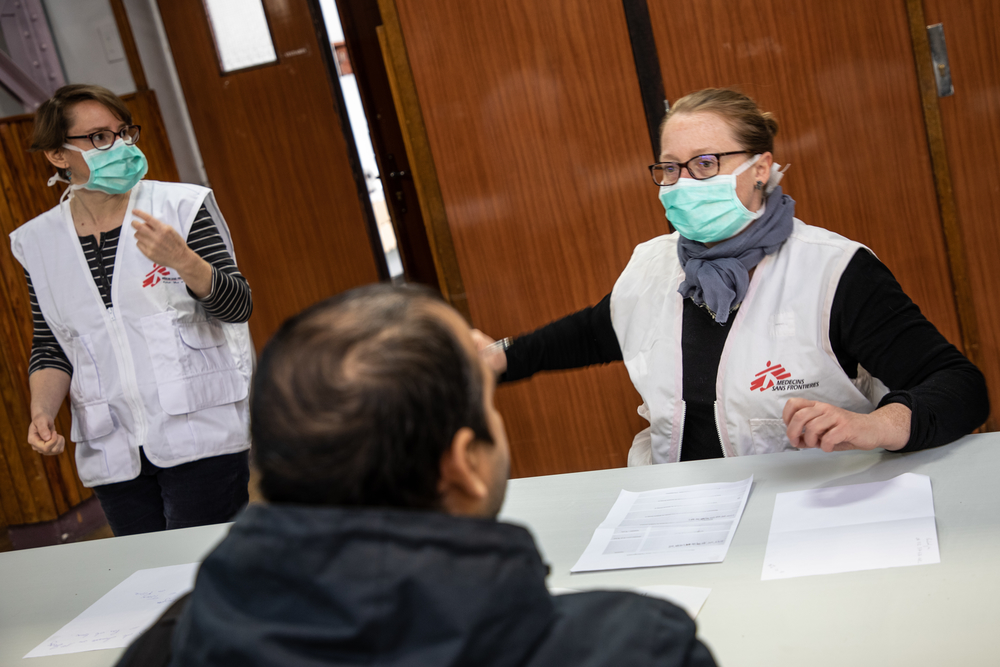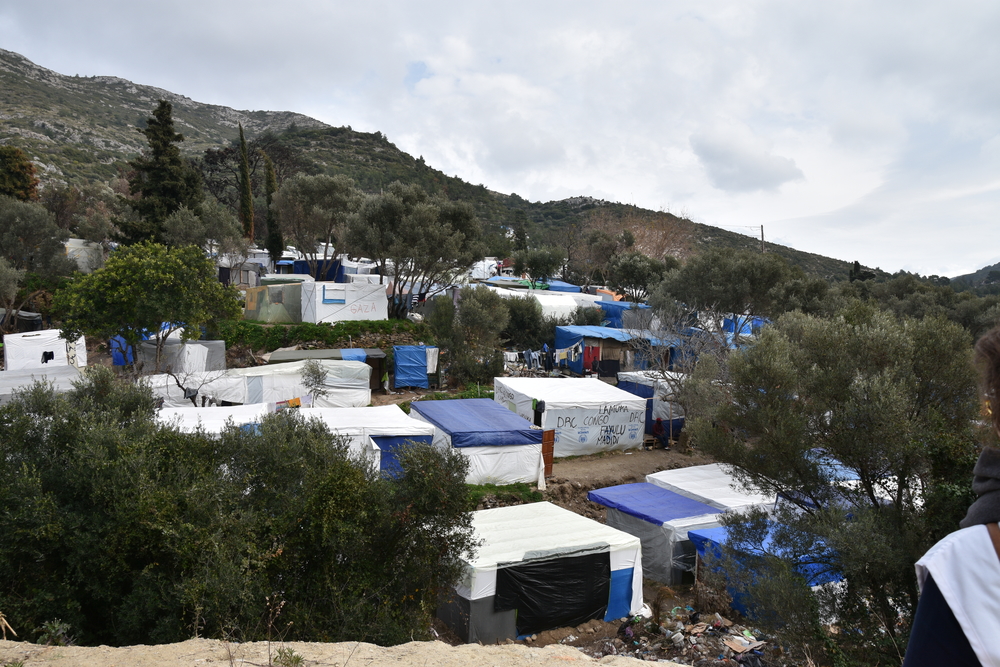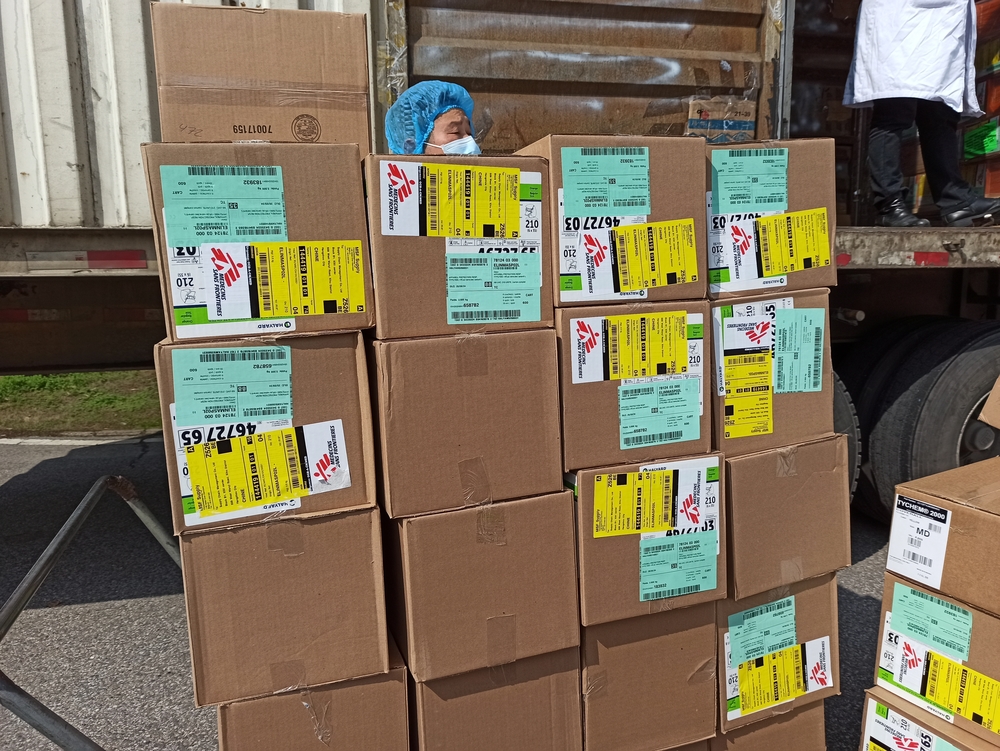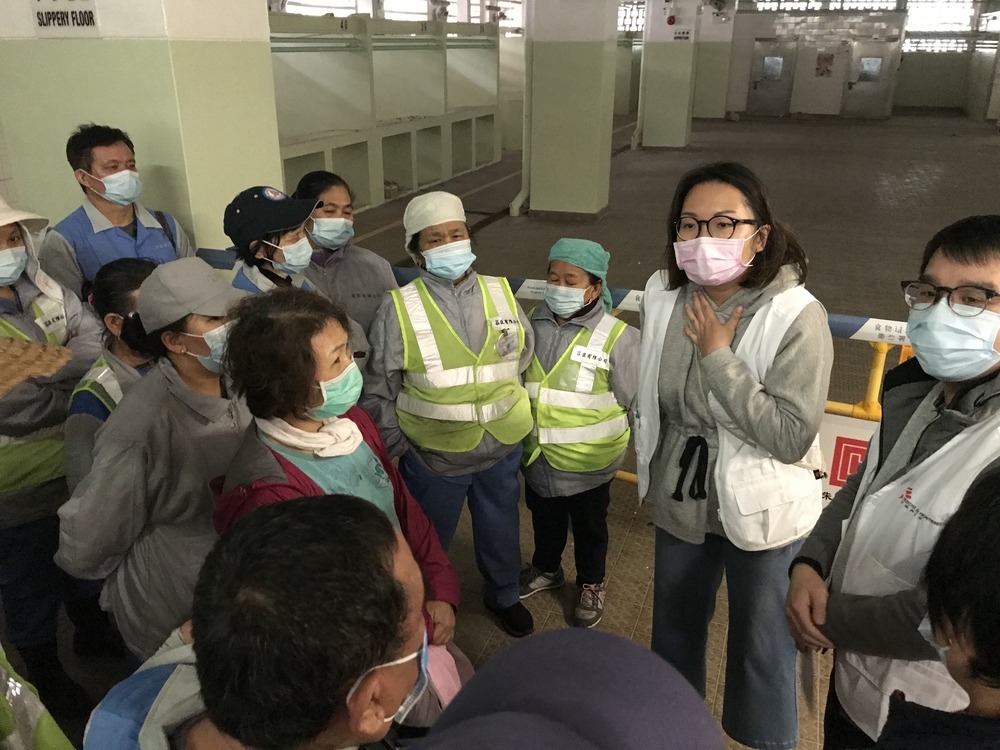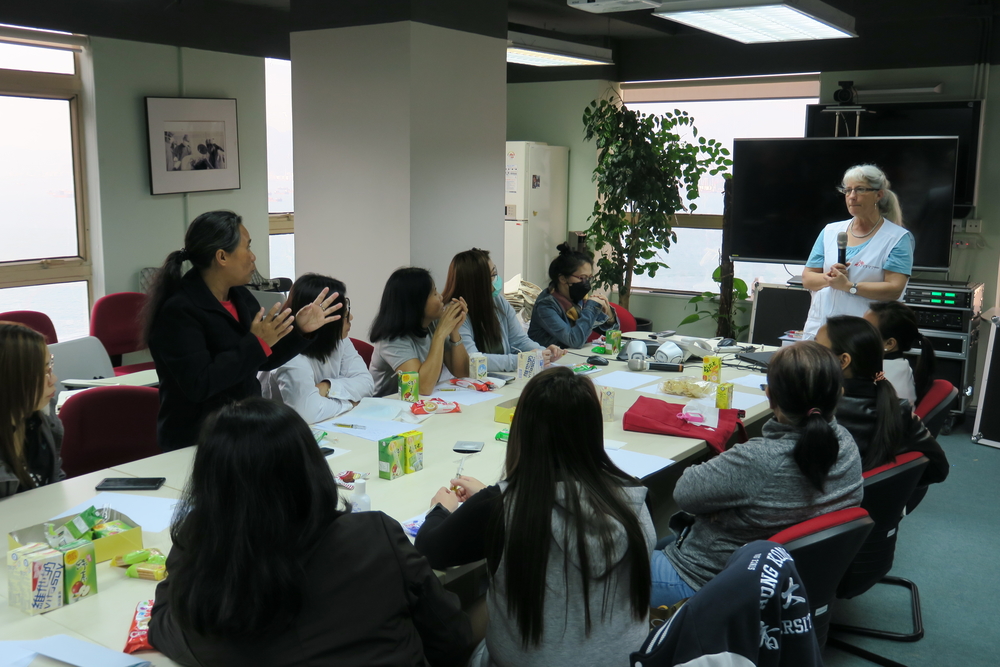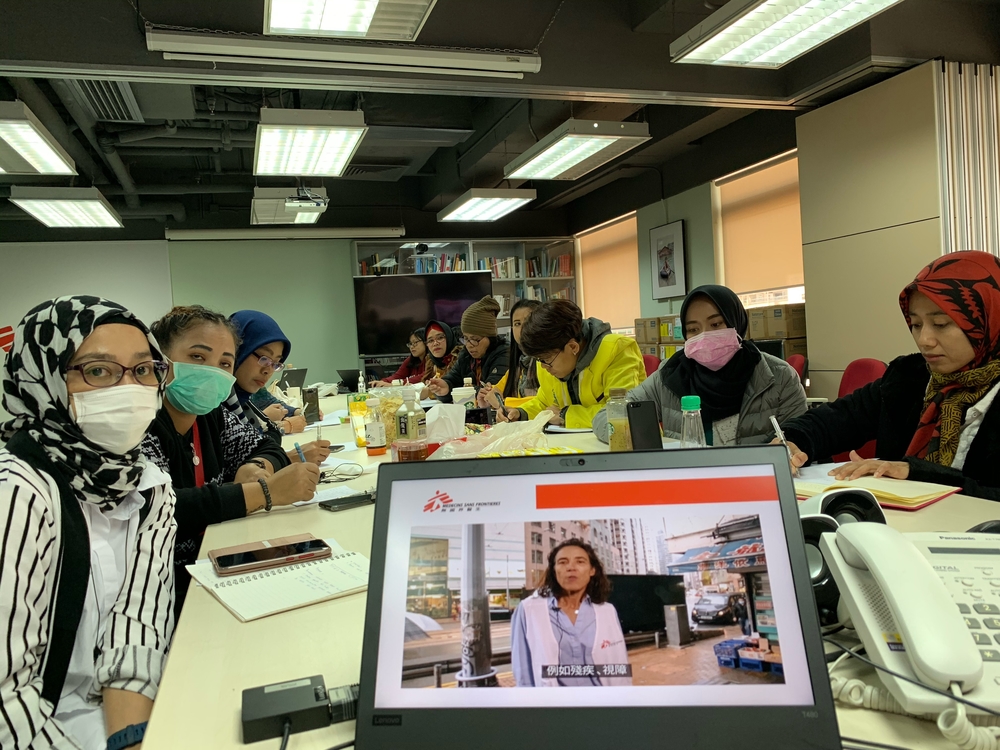DRC: Health promotion during the COVID-19 pandemic
By Sabrina Rubli, a Health Promotion Activity Manager. She is a Canadian working with Doctors Without Borders/Médecins Sans Frontières (MSF) based in Goma, Democratic of Congo (DRC).
“Corona is just another way for the government to kill us, since ebola didn’t work.”
“This is just another way for NGOs and the government to make money.”
“We can’t wash our hands. We have no water. We have no soap. How can we protect ourselves?”
“Can I catch Corona virus from riding a motorbike?”
“The virus doesn’t affect Africans, only Europeans.”
I write down all of the questions and thoughts in my notebook, and try to answer their concerns and questions as best I can. Any questions I can’t answer, I promise to find an answer and come back to them soon with an answer.
I am working in Goma as Health Promotion Activity Manager, and my team and I are holding an information session for a group of volunteer community health workers. We are sitting in an empty classroom that has no floors and tiny wooden benches that we are all perched on. It is the middle of March and Corona virus has now arrived in the DRC. People are filled with questions and concerns, and as the Health Promotion team, it is our job to engage with the community, to provide them with accurate information and to listen to their concerns.
COVID-19 through a local lens
The arrival of Corona in the DRC comes just as the ebola epidemic, which killed 2,200 people since 2018, is on the verge of being declared over. For many living in Eastern Congo, the timing is suspicious – is Corona just another disease created to kill them? Is this a political tactic? Managing these rumours and suspicions has become a major part of my job. The spread of false information in the form of rumours is dangerous for Congolese and NGOs alike. Downplaying the severity and reality of the coronavirus by believing it to be a manmade political tactic will result in people not following the prevention measures laid out by the authorities, leading to higher mortality and potential backlash and violence.
Addressing these rumours is a careful balance of listening to their views and respecting their beliefs, and gently addressing inaccuracies.
Through these sessions with the community, we have learned that the main concerns of community members have less to do with contracting the actual virus and more to do with the threat of government imposed lockdown and the incapability of the current health system to care for them.
“So many people are dying in Italy, where they have good hospitals. How will we manage here when there are no hospitals?”
“ If the government enforces lockdown, we cannot stay in our houses, we will starve.”
Their fears are valid – the reality the Congolese are facing is severe and with potential deadly consequences that go beyond the virus.
Understanding concerns and sharing knowledge
Our discussions with community members have also made us aware of a growing fear of health centers – people are avoiding them for fear of catching Corona virus, and health care workers are scared of treating incoming patients.
“Can I still go to the hospital if I have malaria?”
“Won’t I get infected with Corona if I go to the hospital where there is a confirmed case?”
“Is it safe to touch the bodies of people who have died from Corona?”
When we understand what the population is scared of, and what rumours they are believing, we can develop an outreach strategy that addresses the nuances and realities of each area where MSF is working. It is why discussions and information sessions are so important, especially during the COVID-19 era.
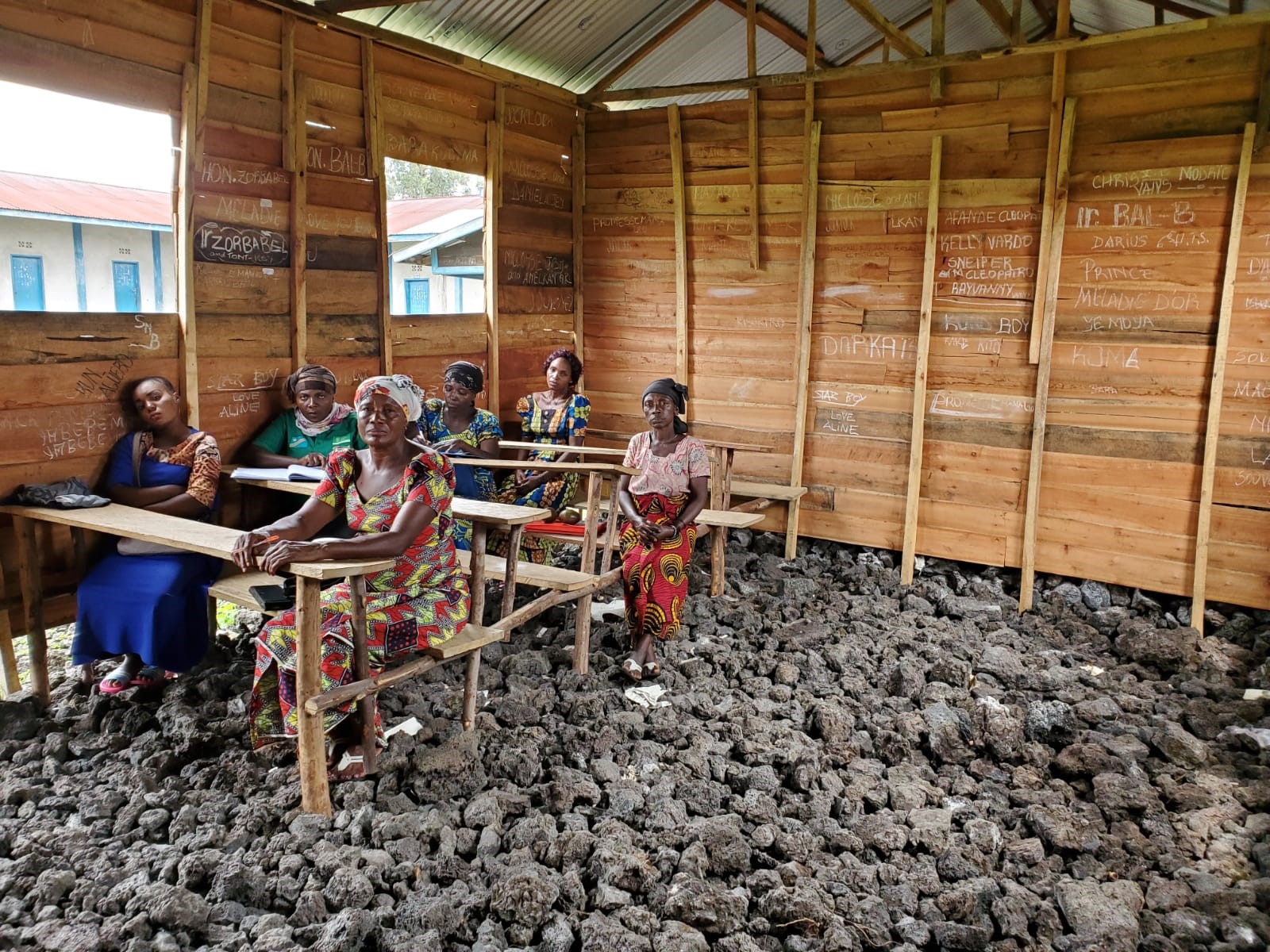
The coronavirus is complicated around the world, but in countries like the DRC, the challenges are exacerbated by persistent extreme poverty, instability and a health care system that is barely functioning. It is a country where rumours run wild, with simmering ethnic tensions and with populations that are constantly on the move to escape the latest waves of violence from armed groups.
“How can we protect ourselves when there are new IDPs arriving? How do we know where they come from?”
“I can’t afford to buy enough food for my family anymore since the price has gone up.”
At the end of the day, people in Goma are scared. People everywhere are scared. This pandemic is unlike anything we have ever experienced, and nobody knows what the coming months may bring. This is why proactive health promotion is so important during this time – people need answers to their questions from a source that they trust. People need their fears to be heard and calmed. People need to have access to accurate information.
During times as uncertain as these, health promotion becomes a critical activity. It is how we connect and engage with people, how we learn about their fears and beliefs and needs. Community engagement informs the type of response that is needed in the community and helps MSF develop effective and appropriate interventions.
And so our health promotion teams will continue traveling into the community, as long as the situation allows, to listen, to ask questions and to give the community a voice and make sure that the population we serve are at the center of MSF’s response.
